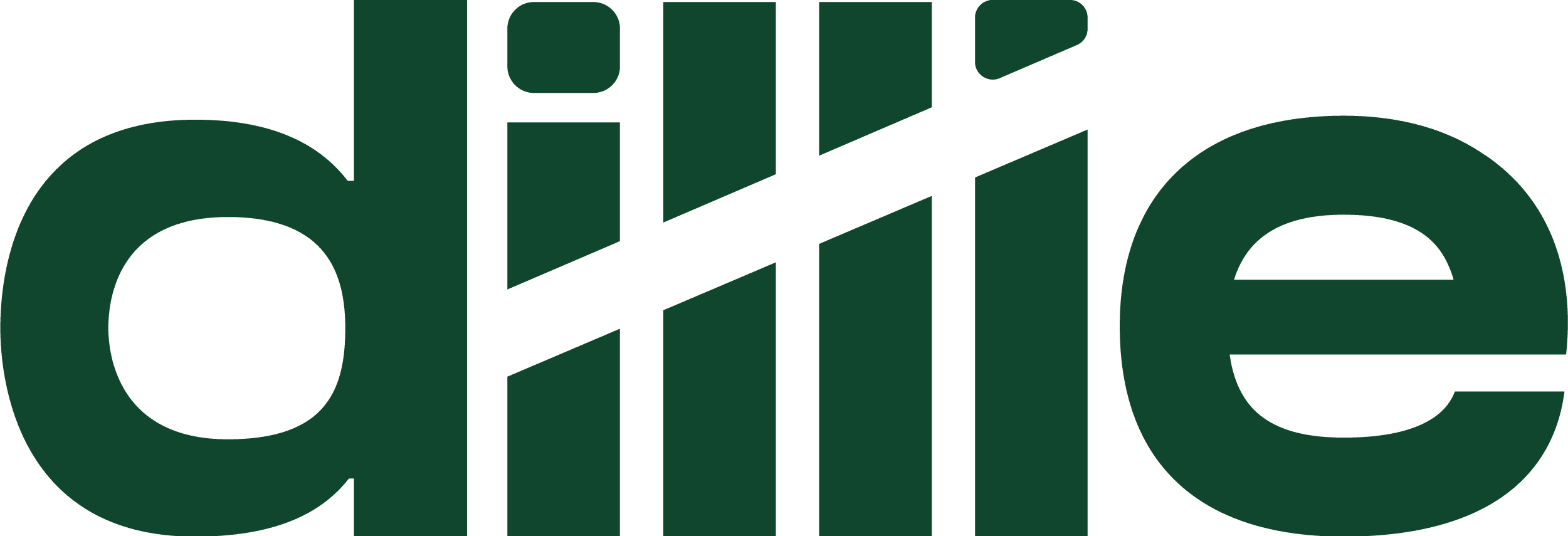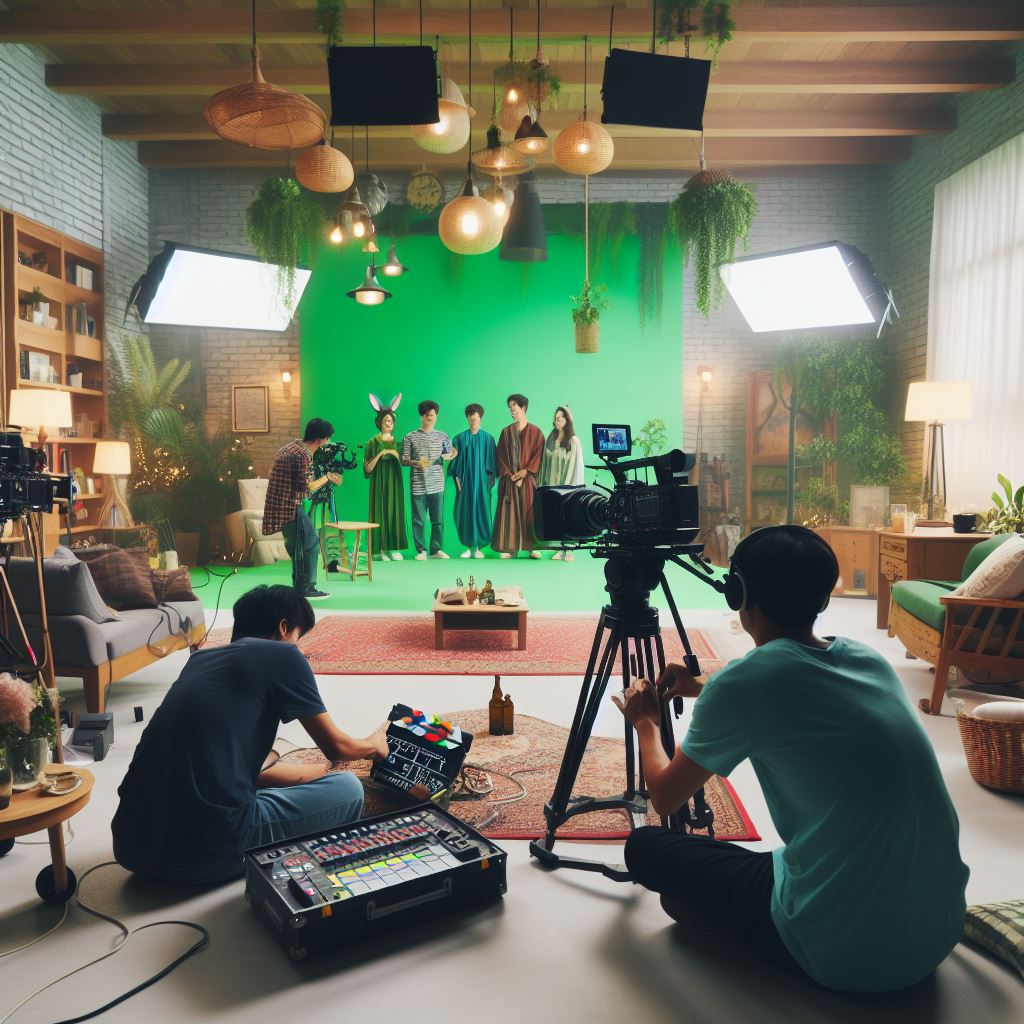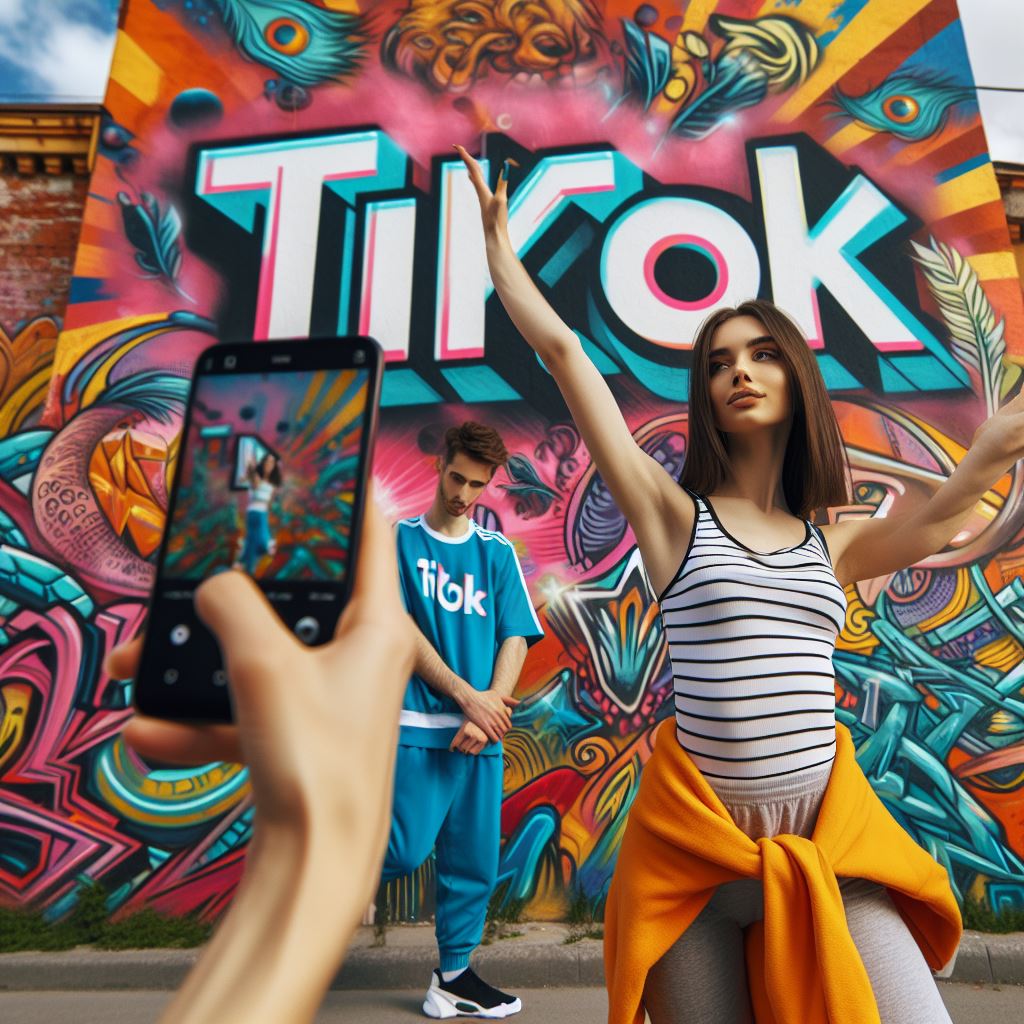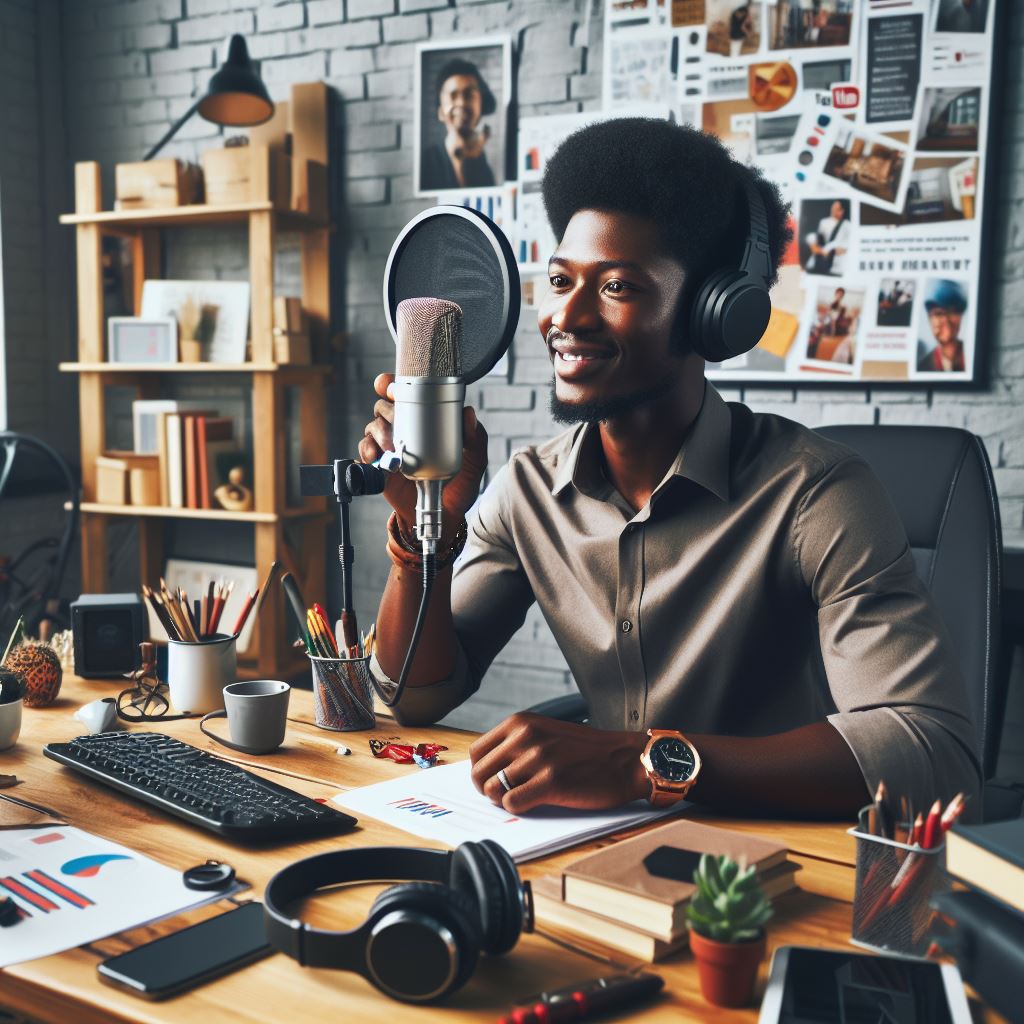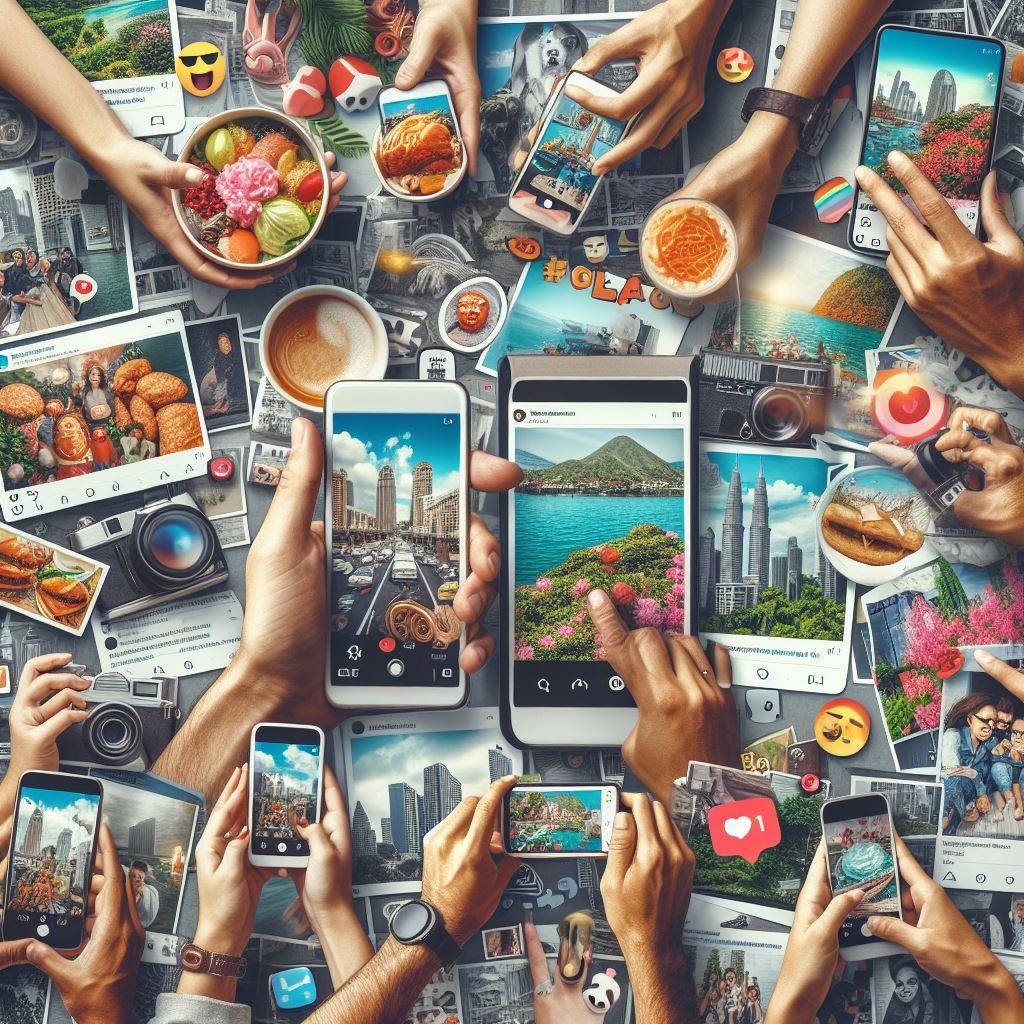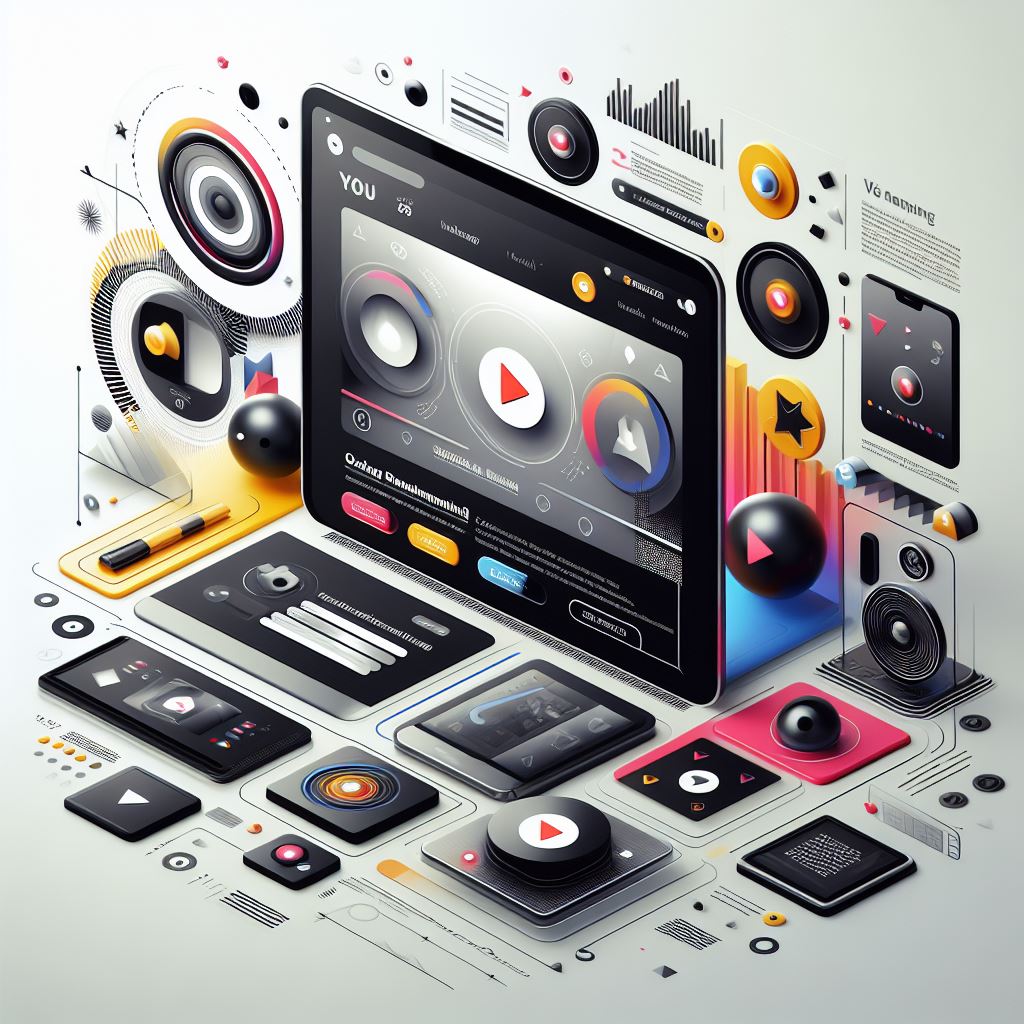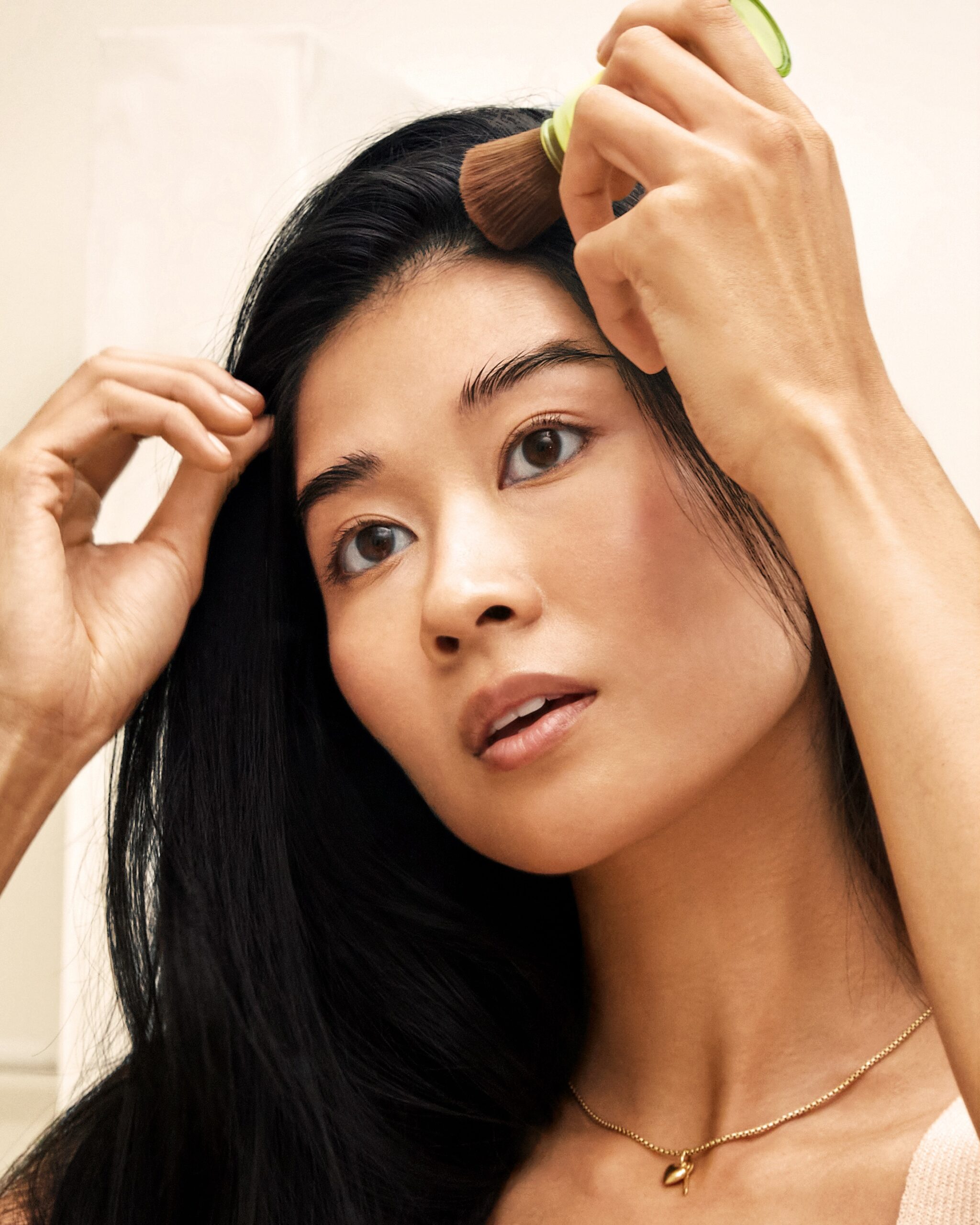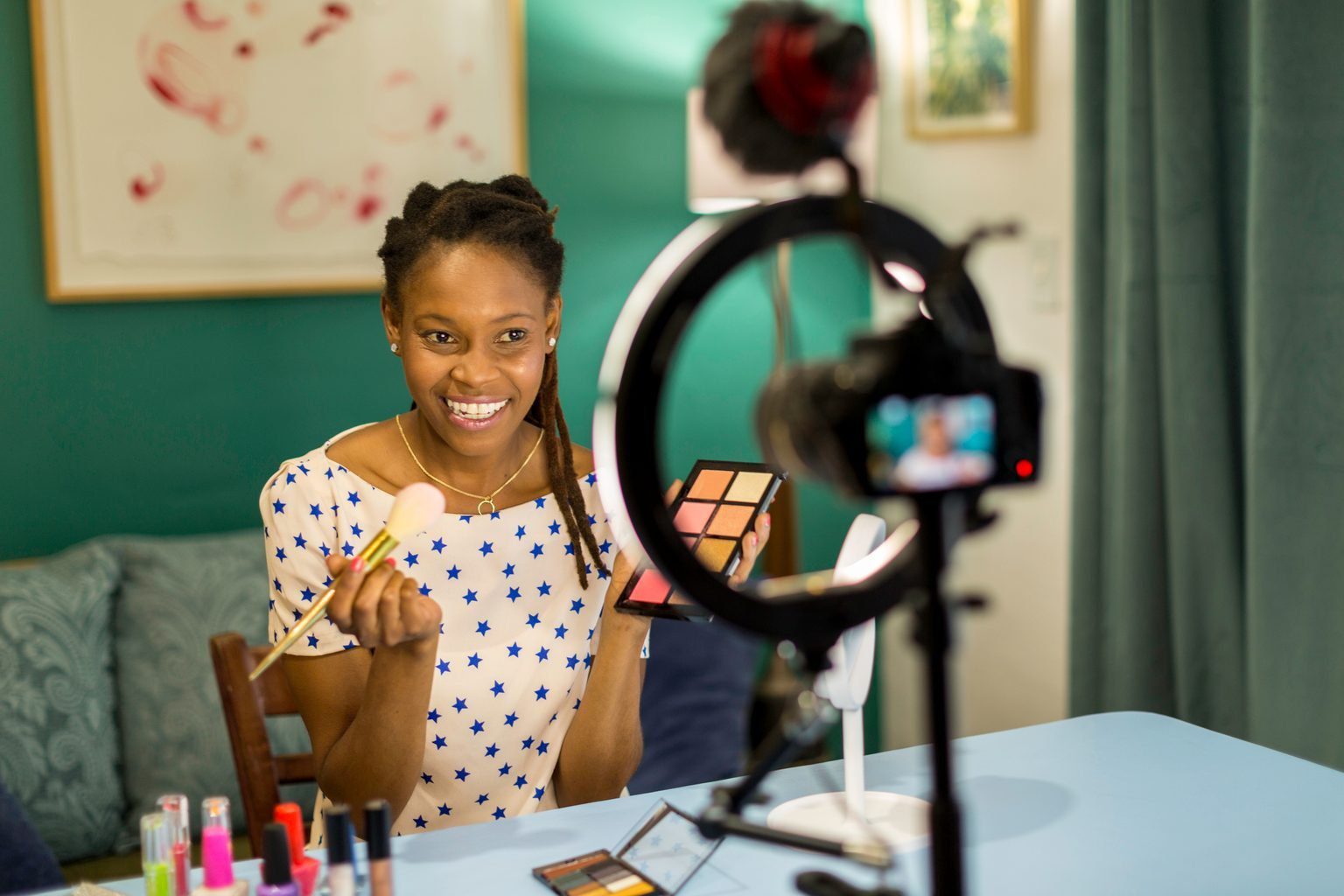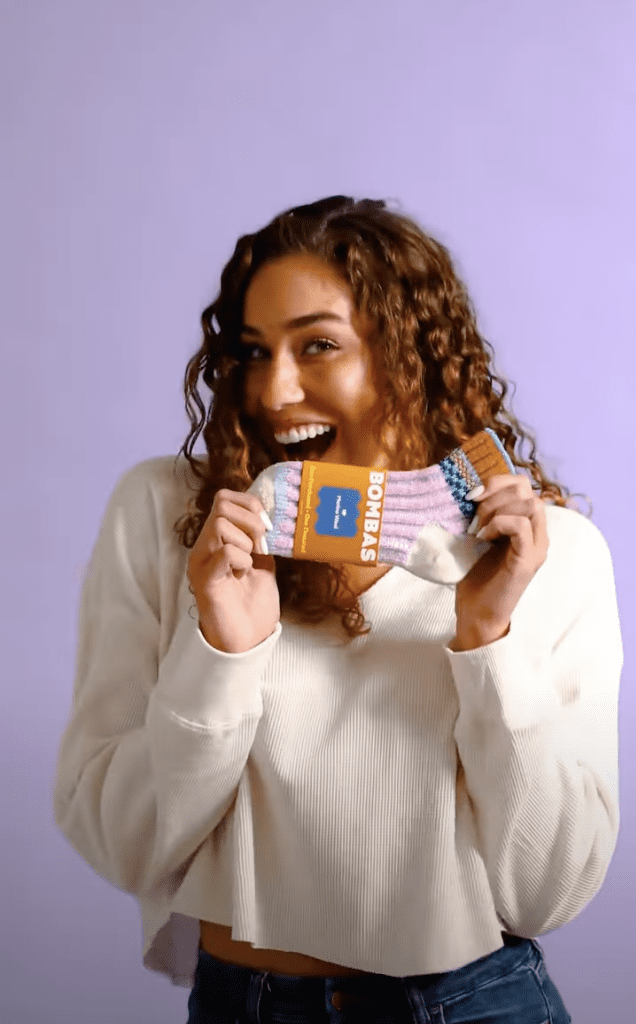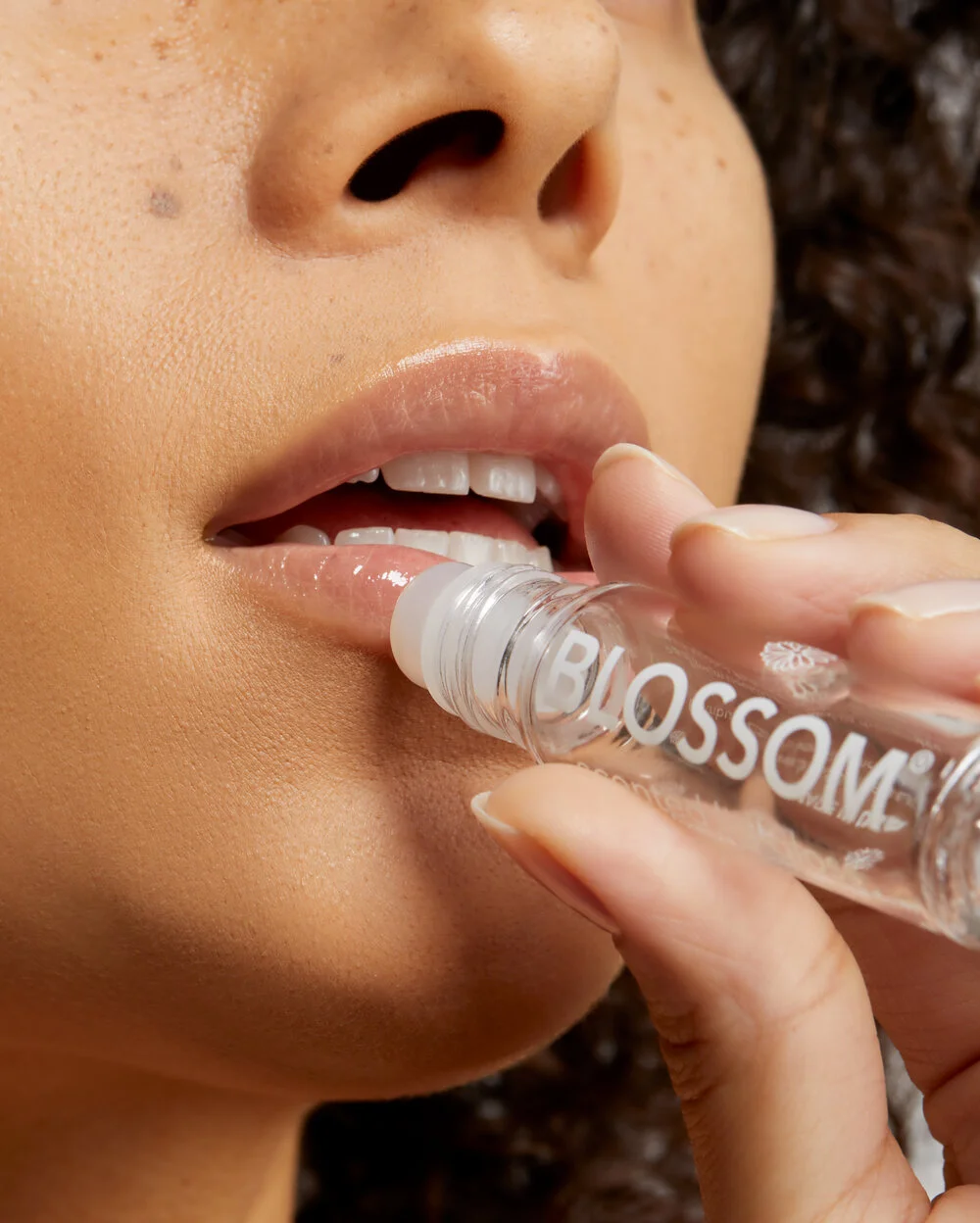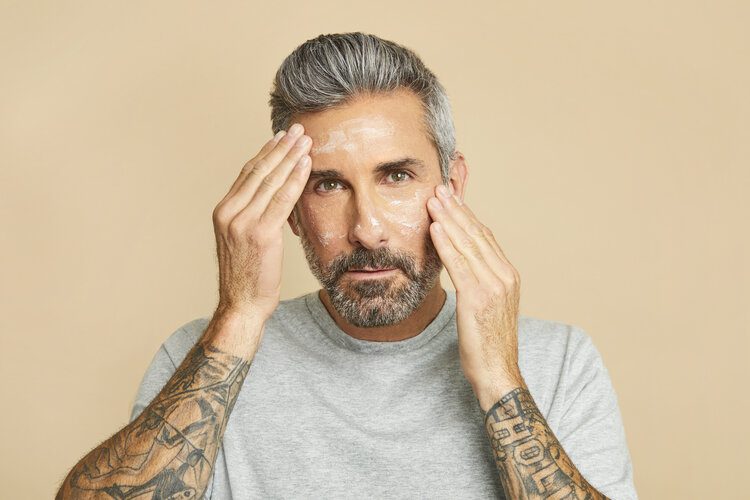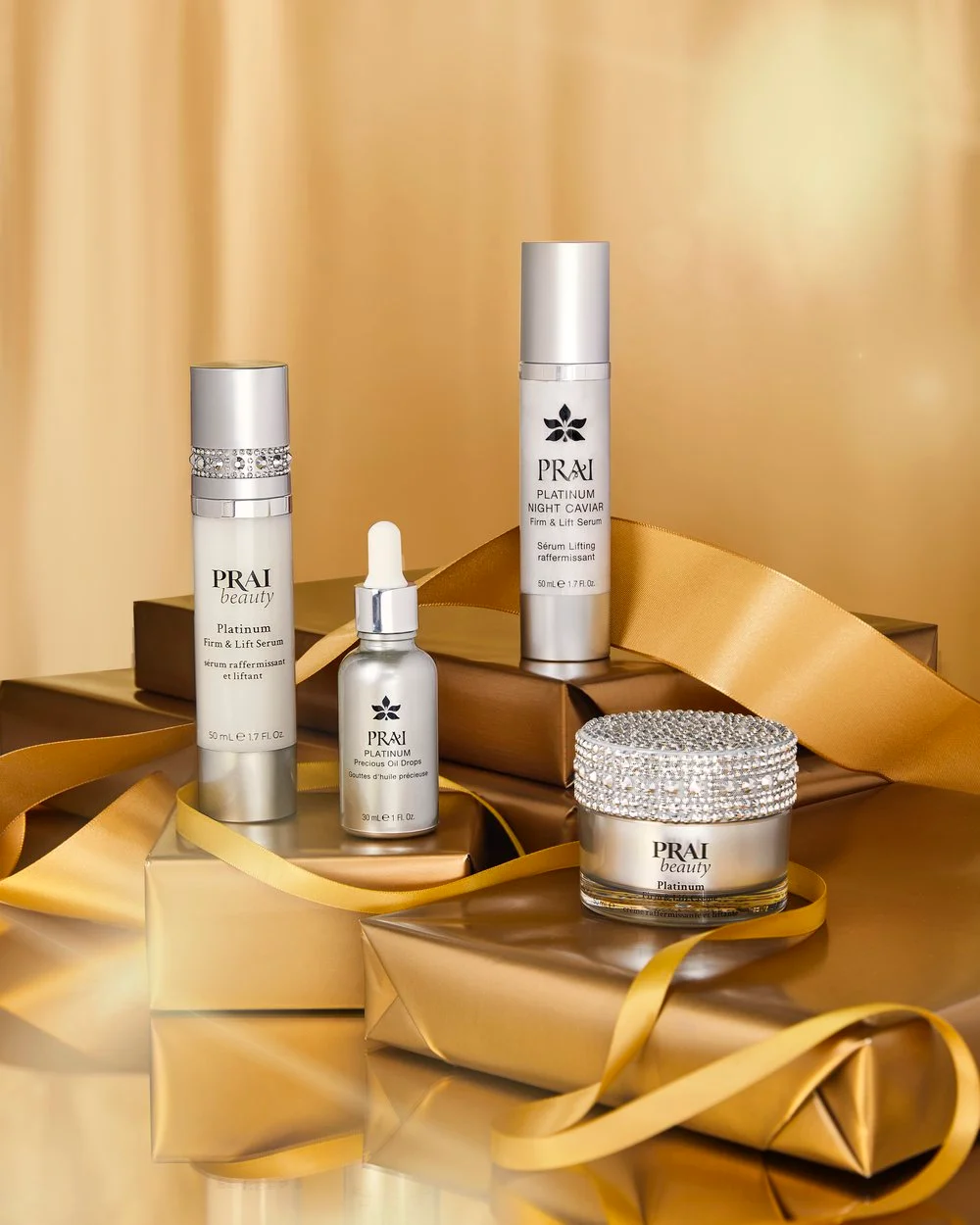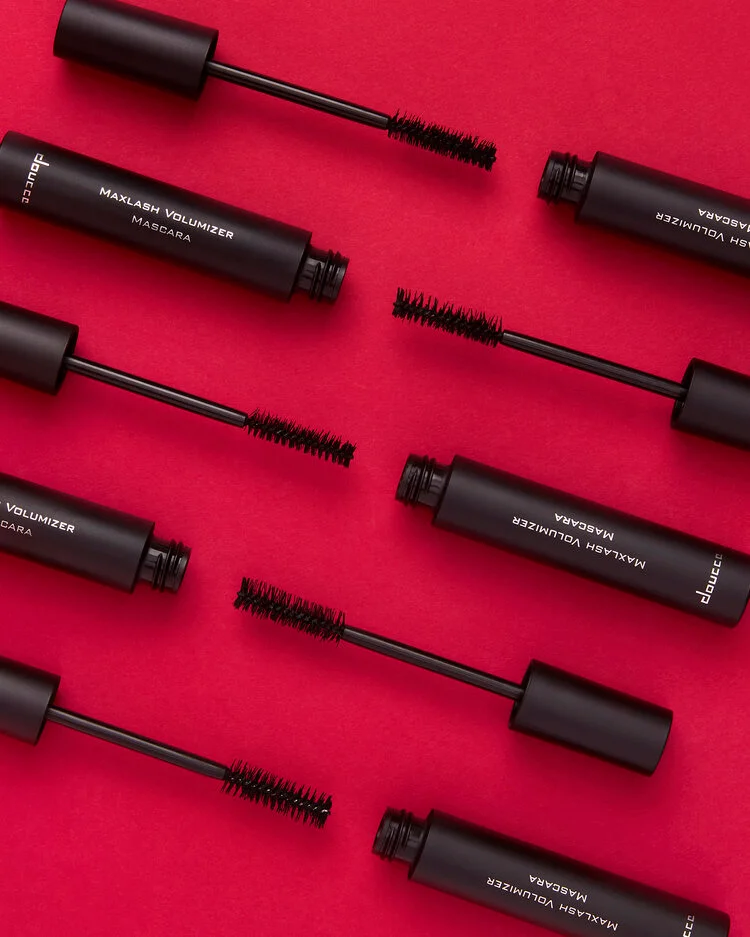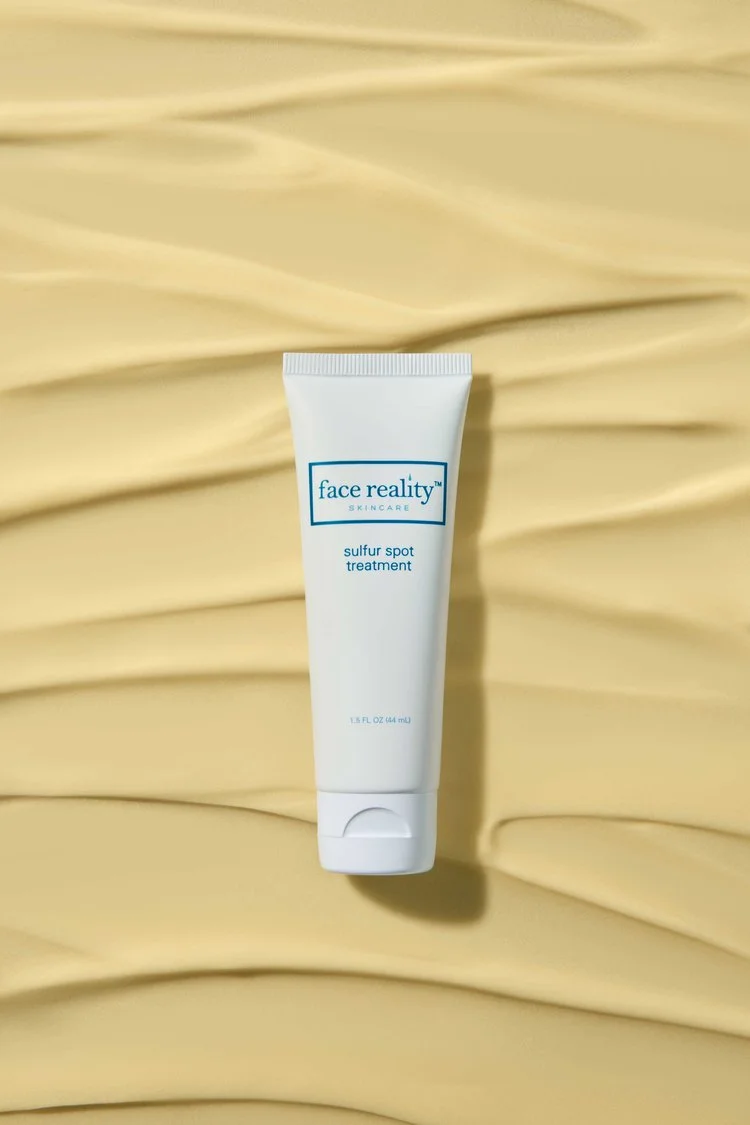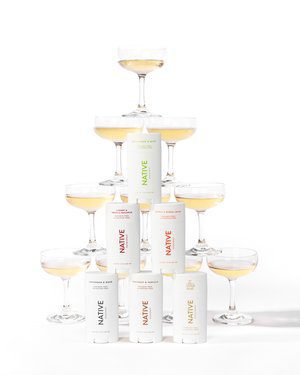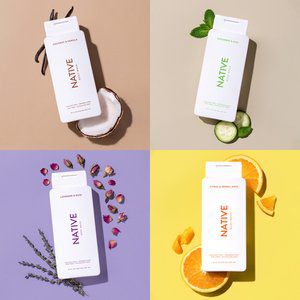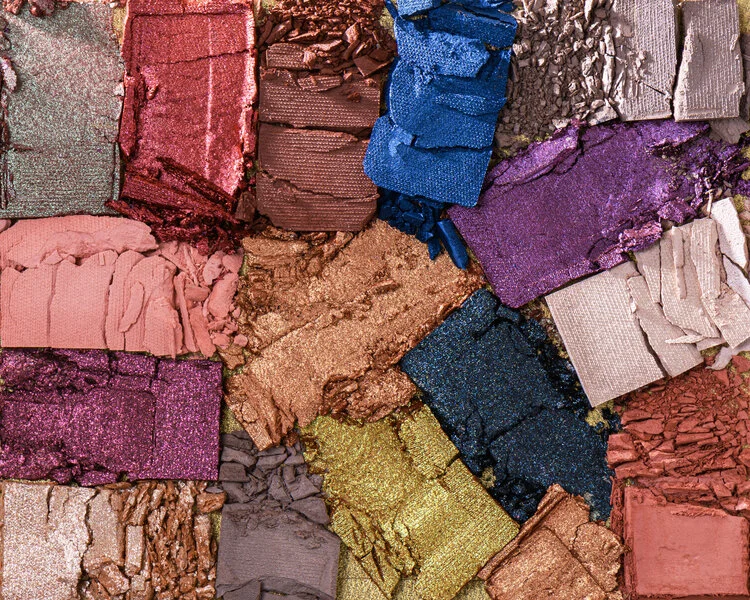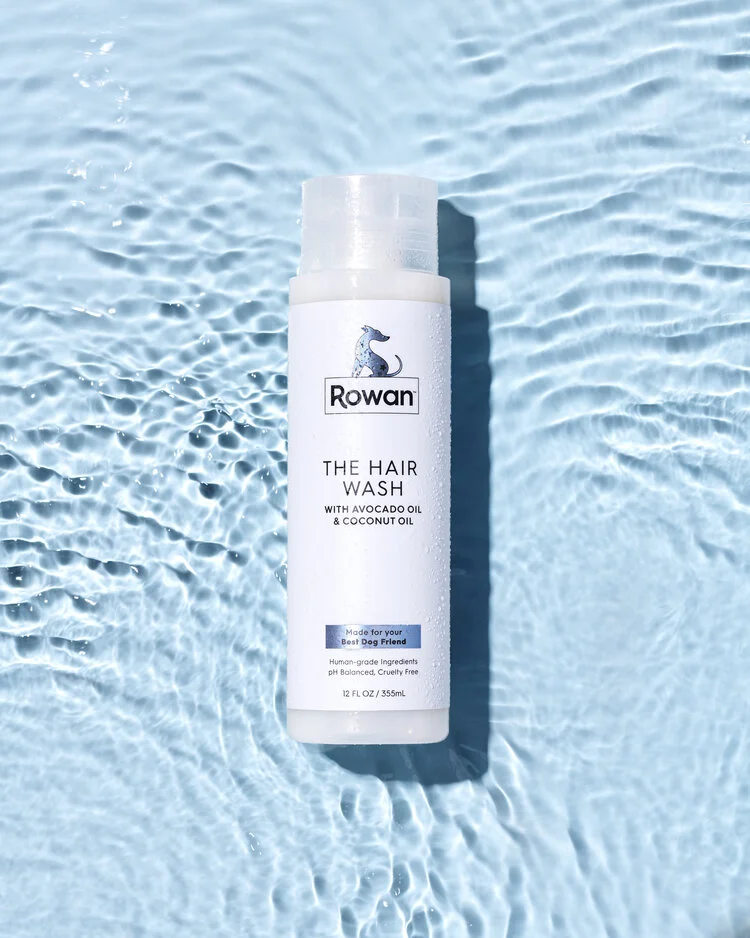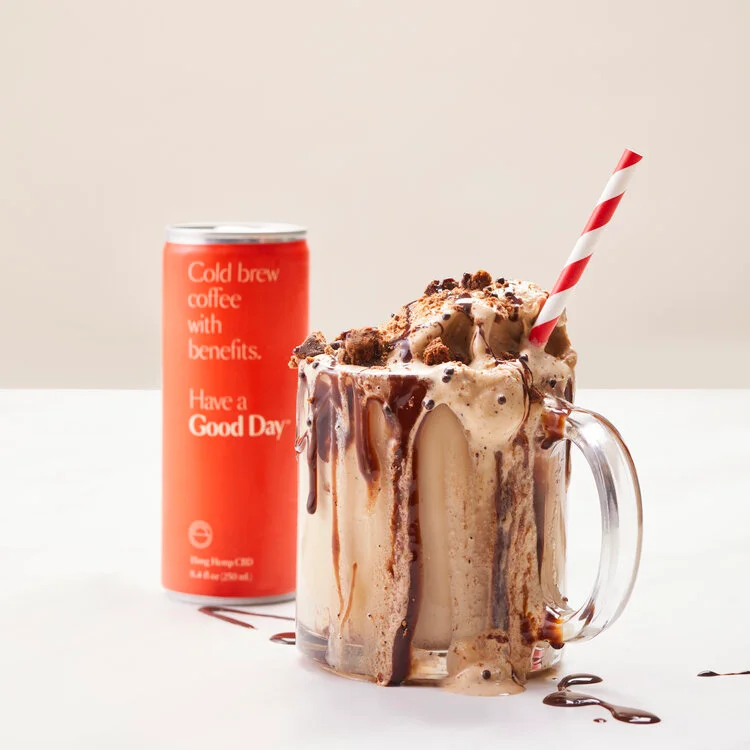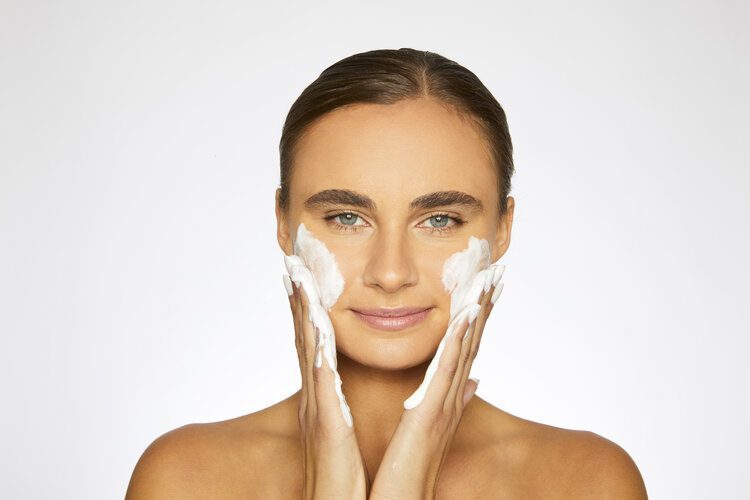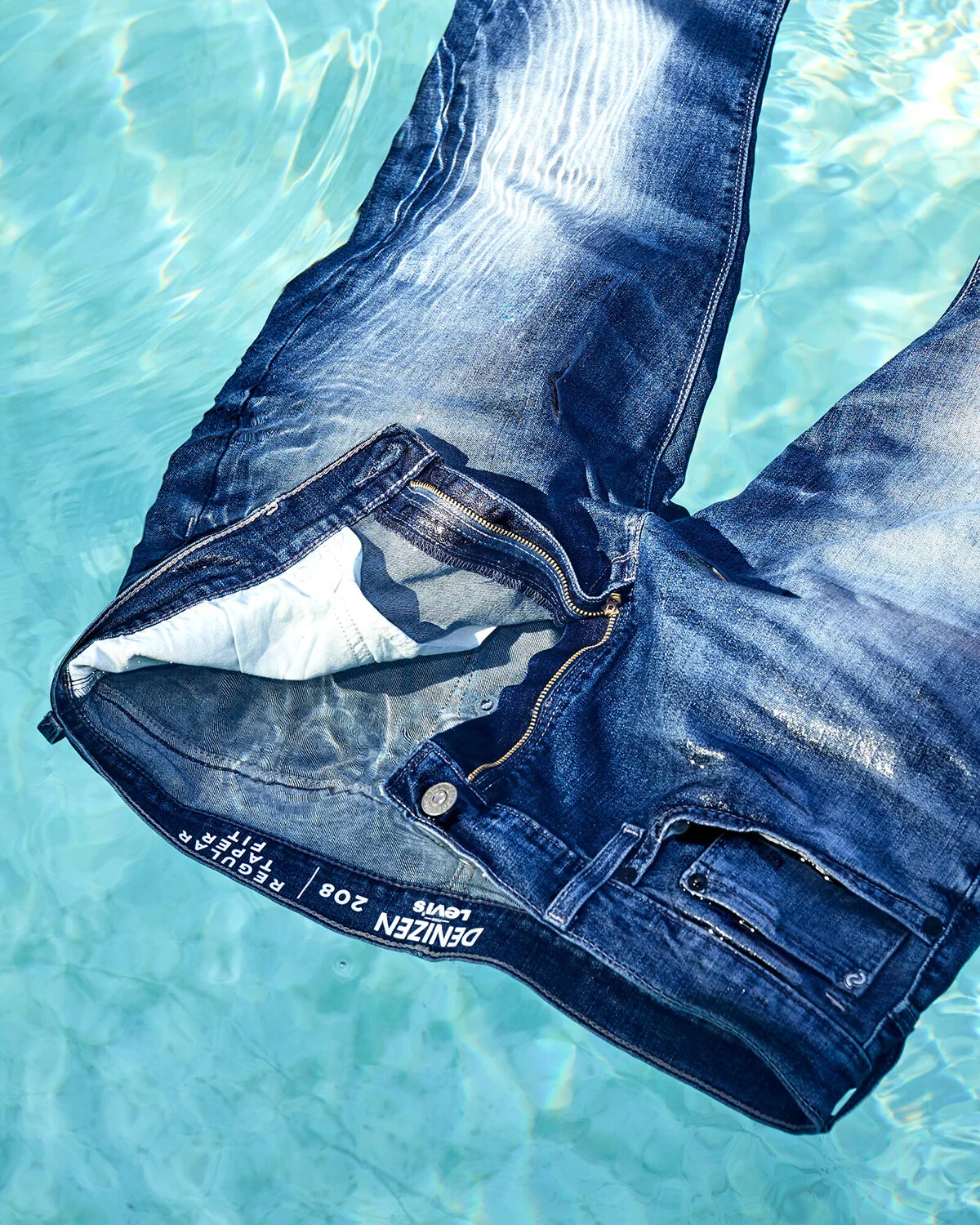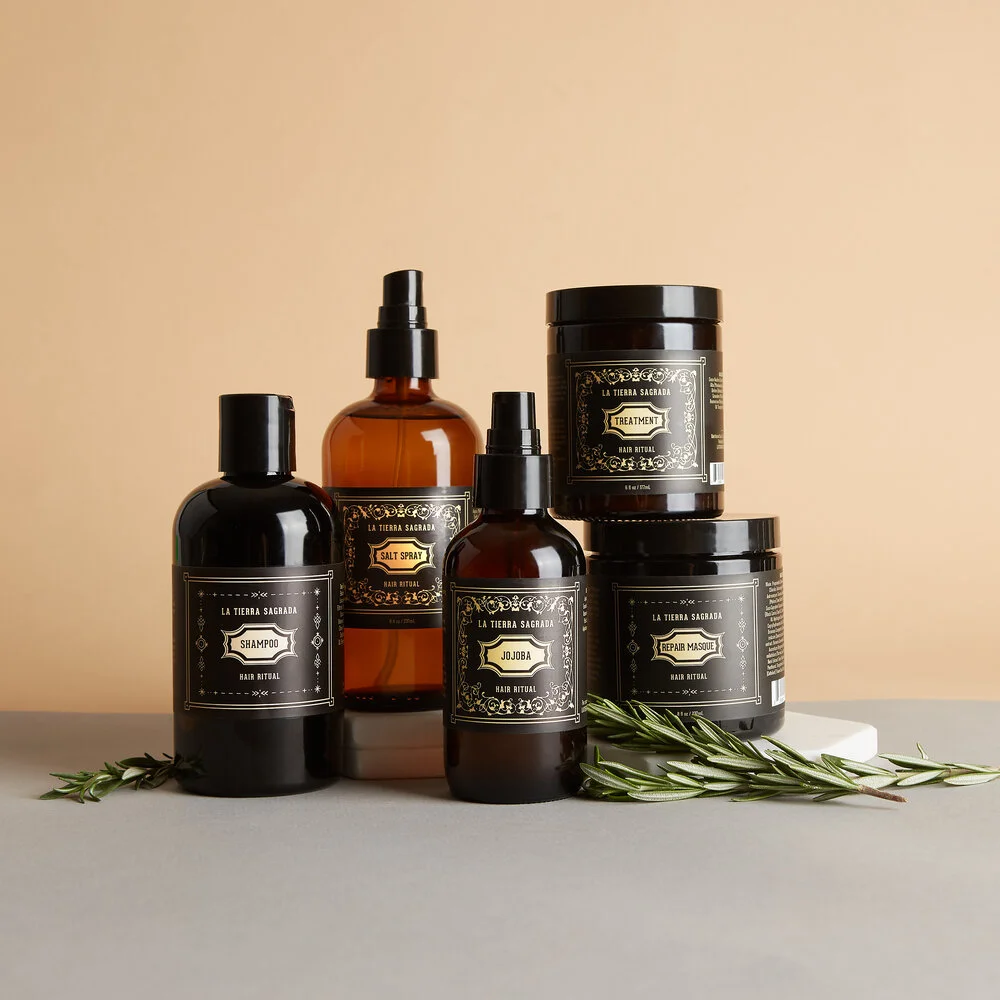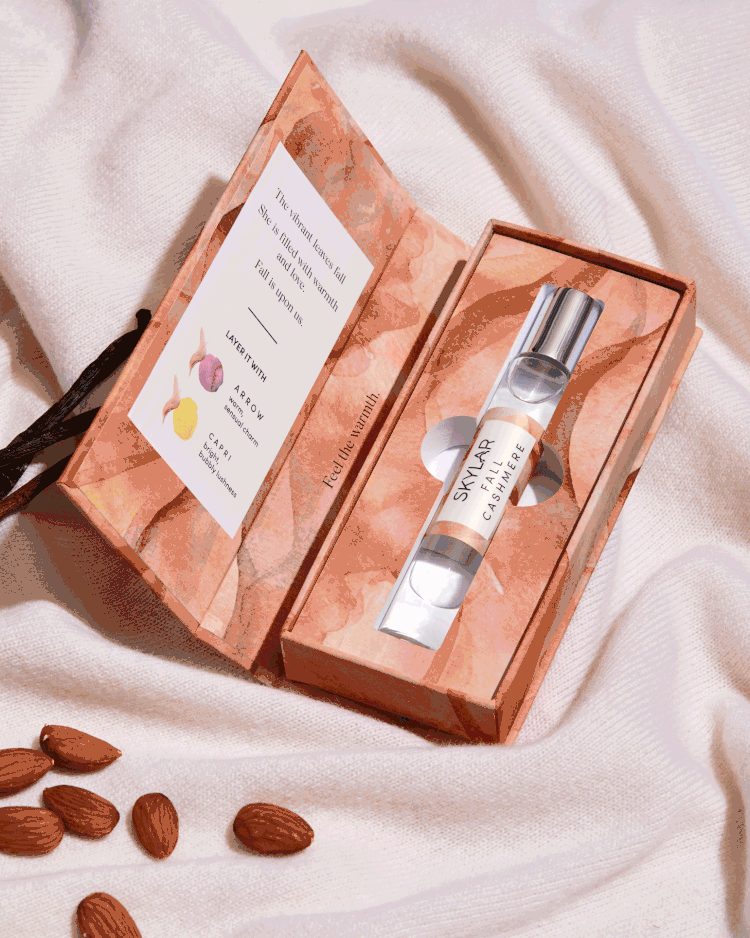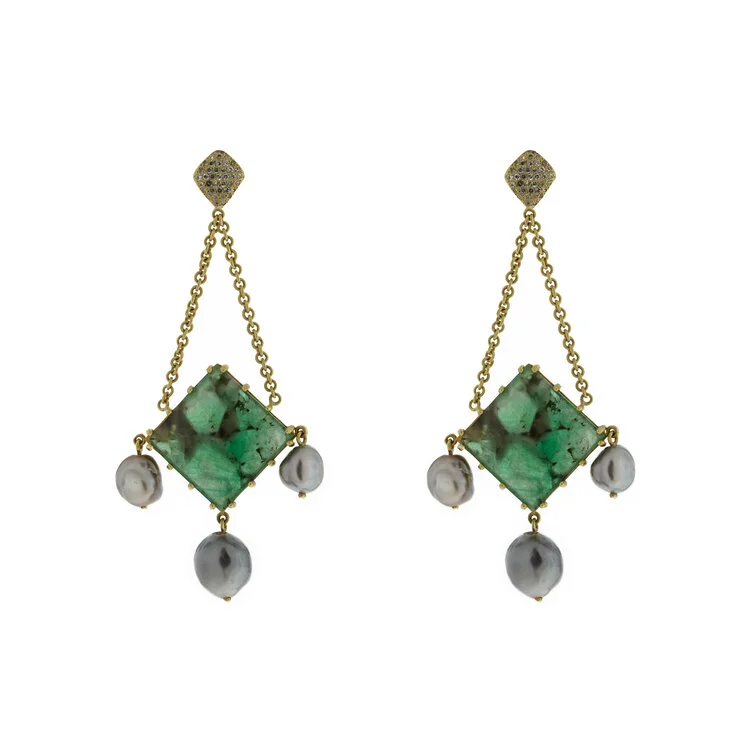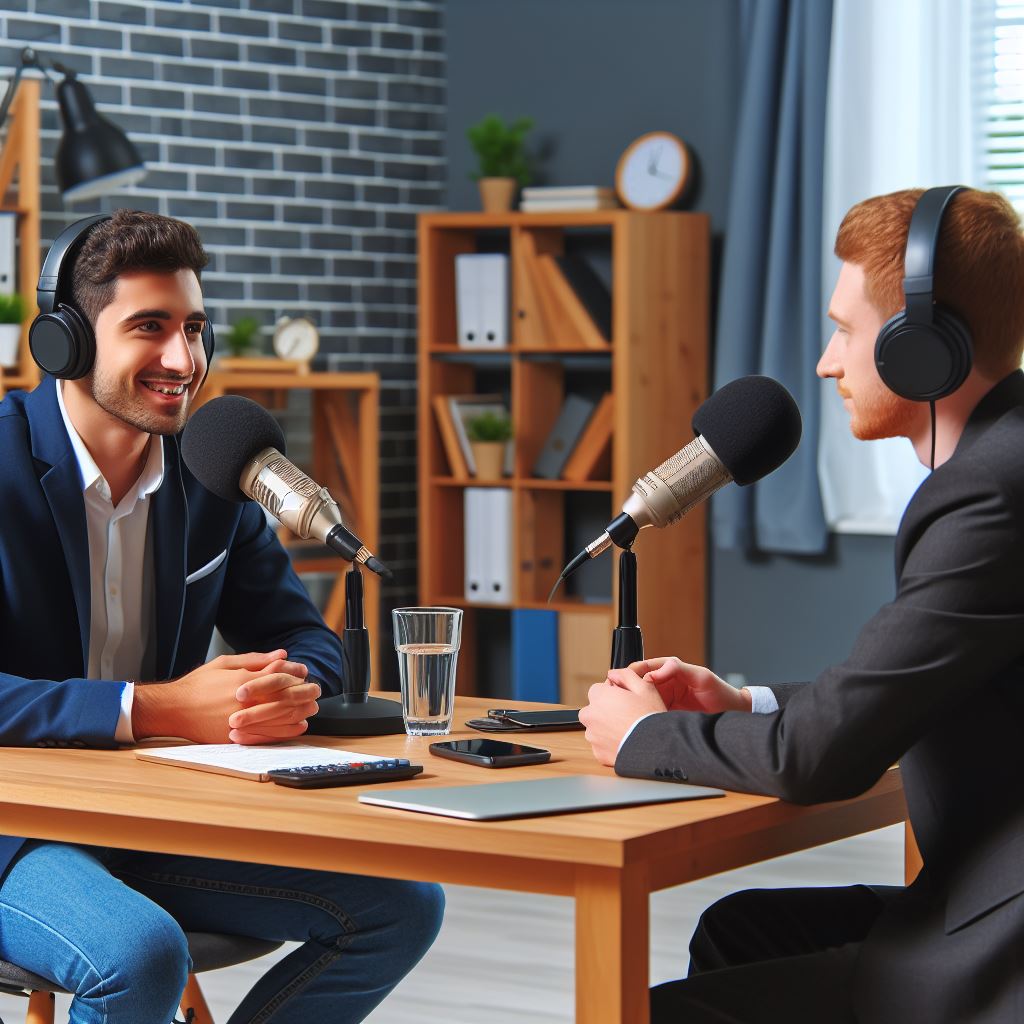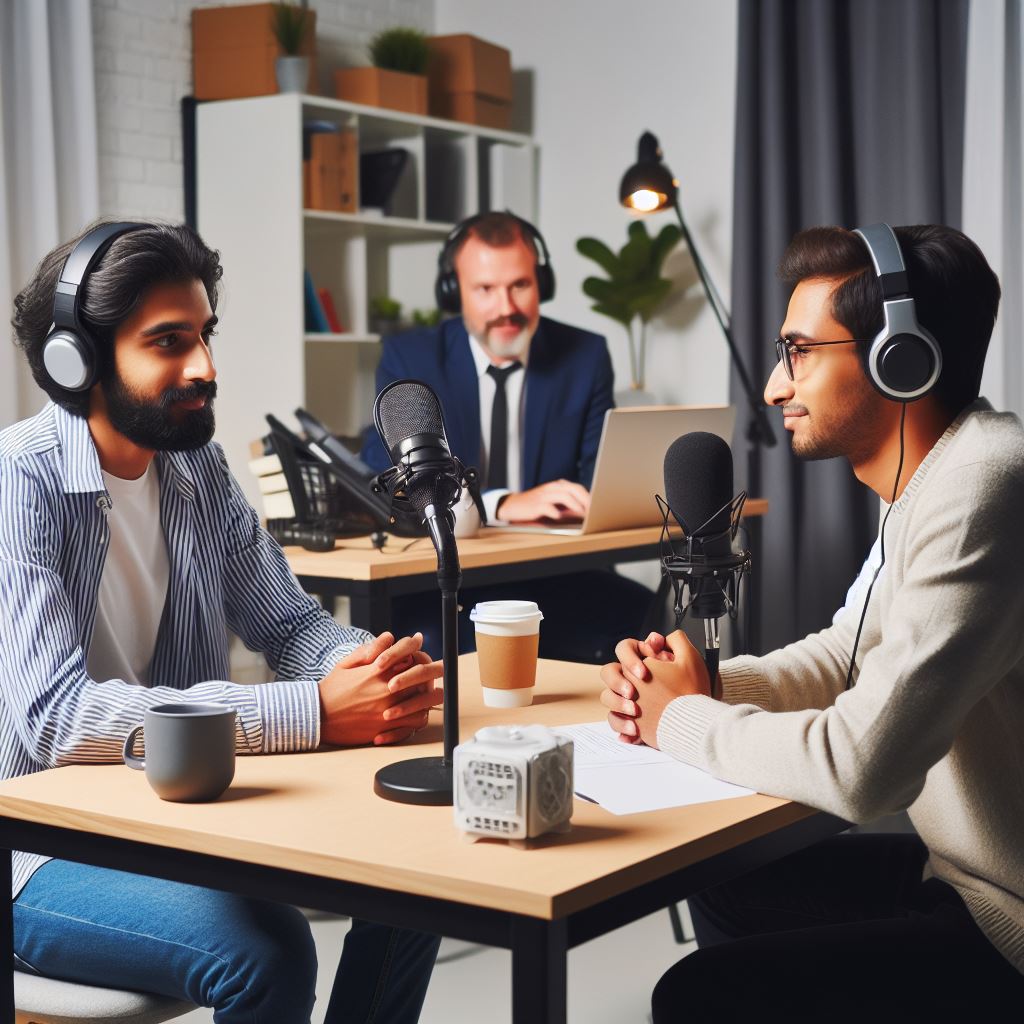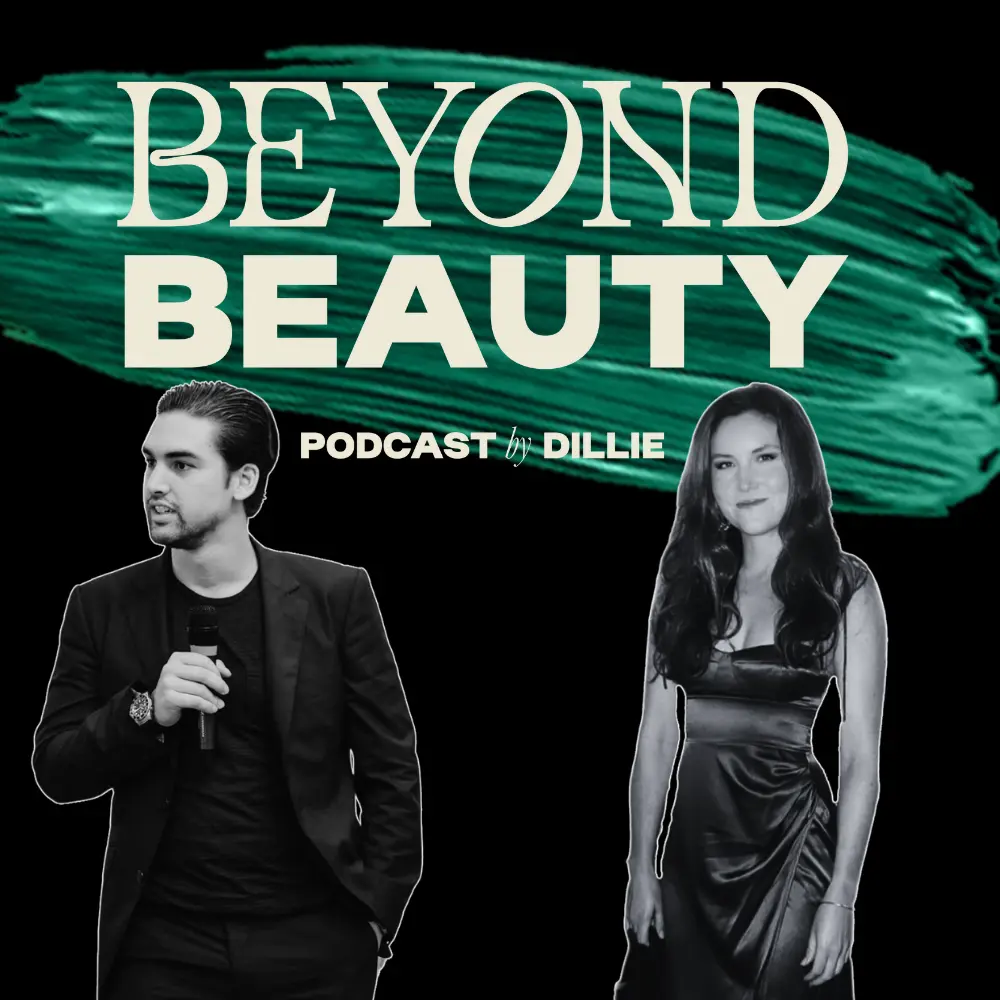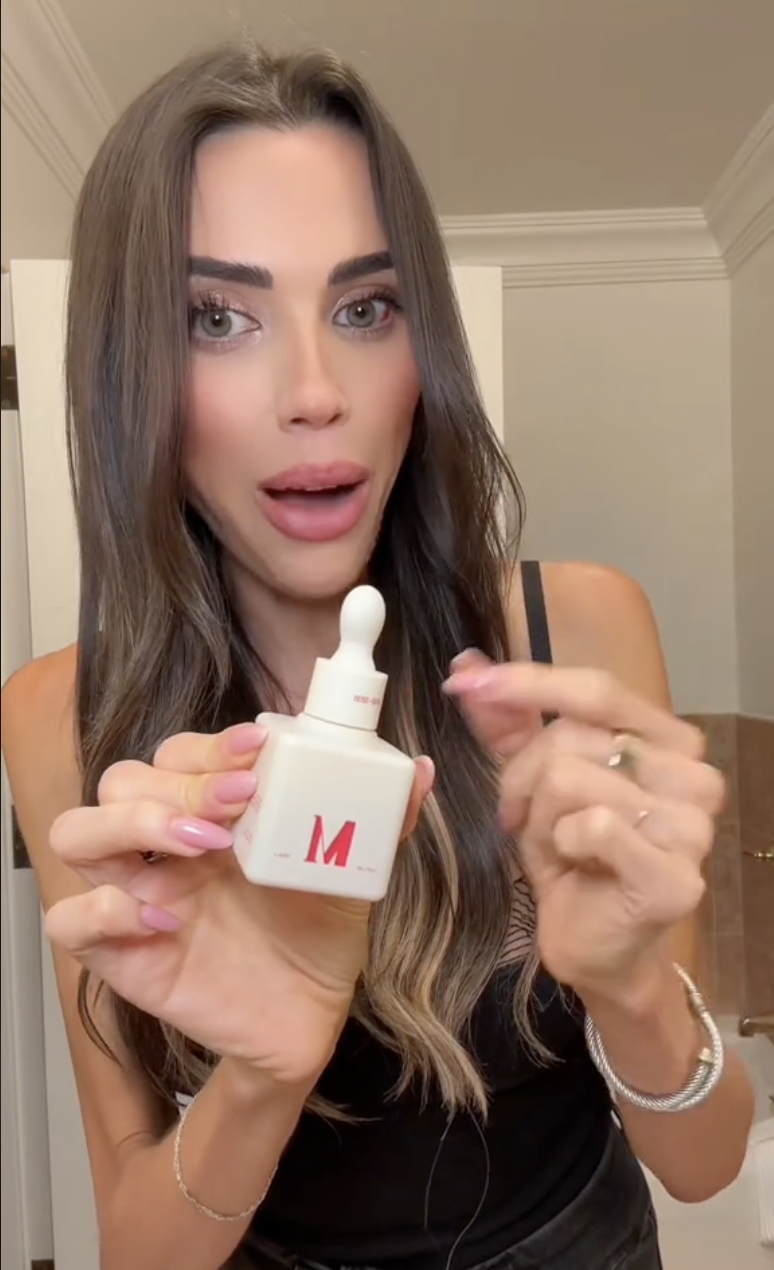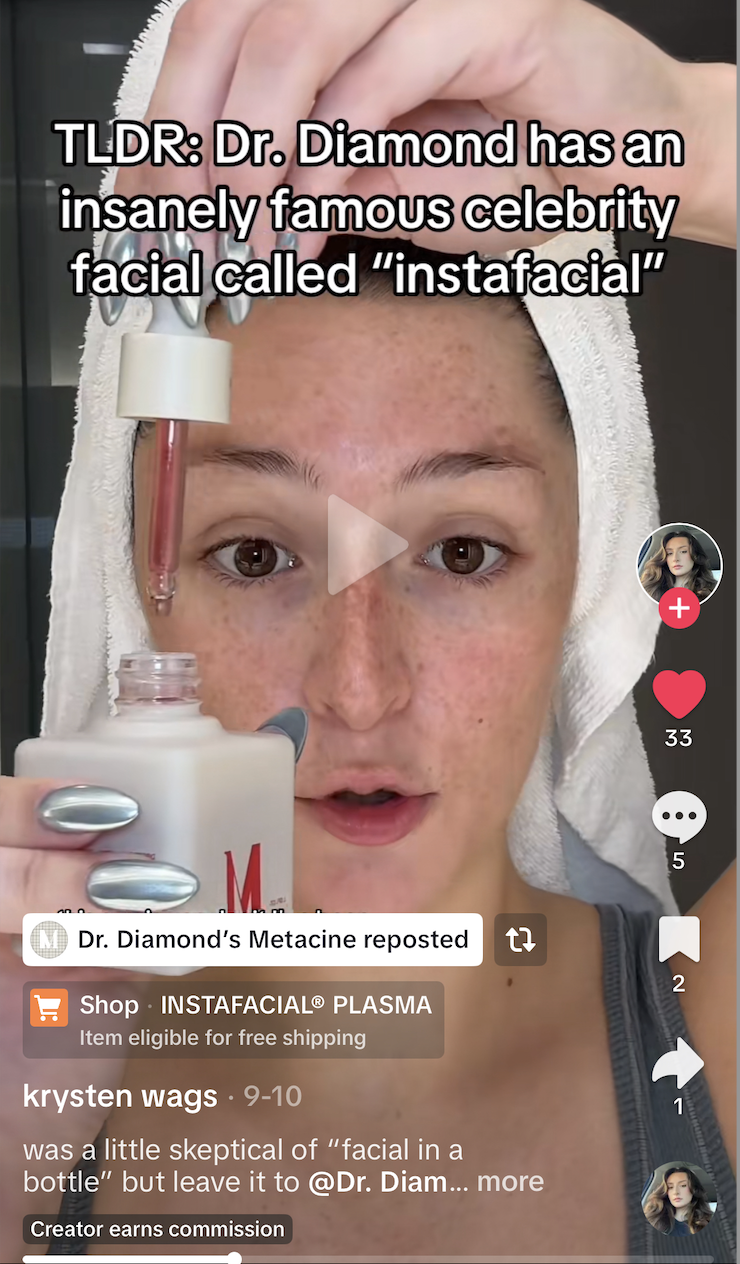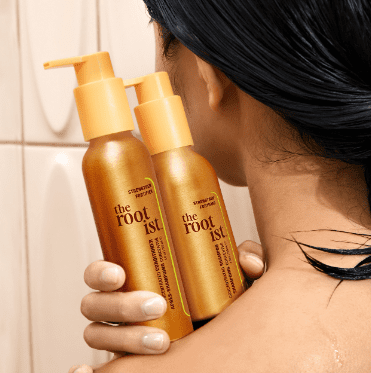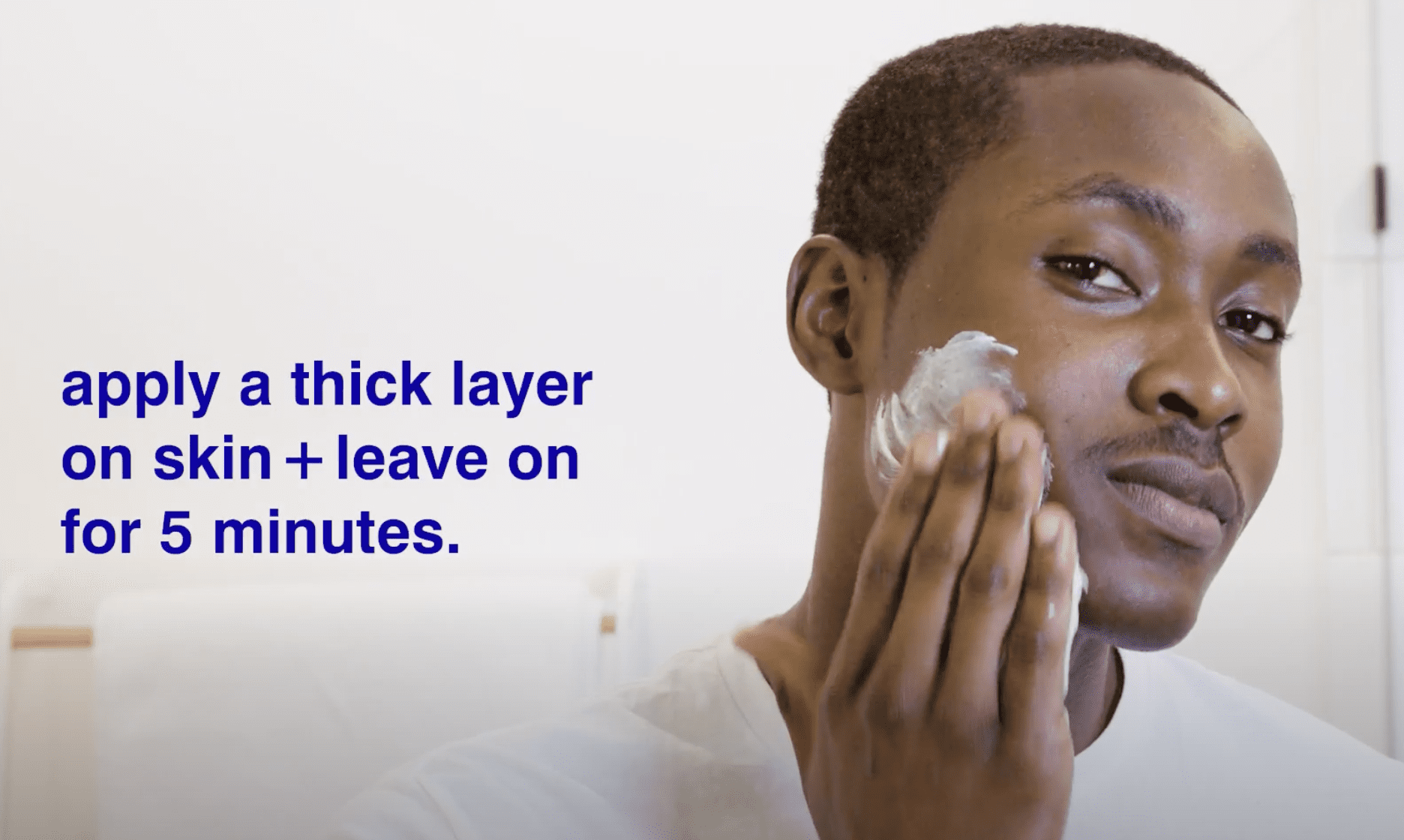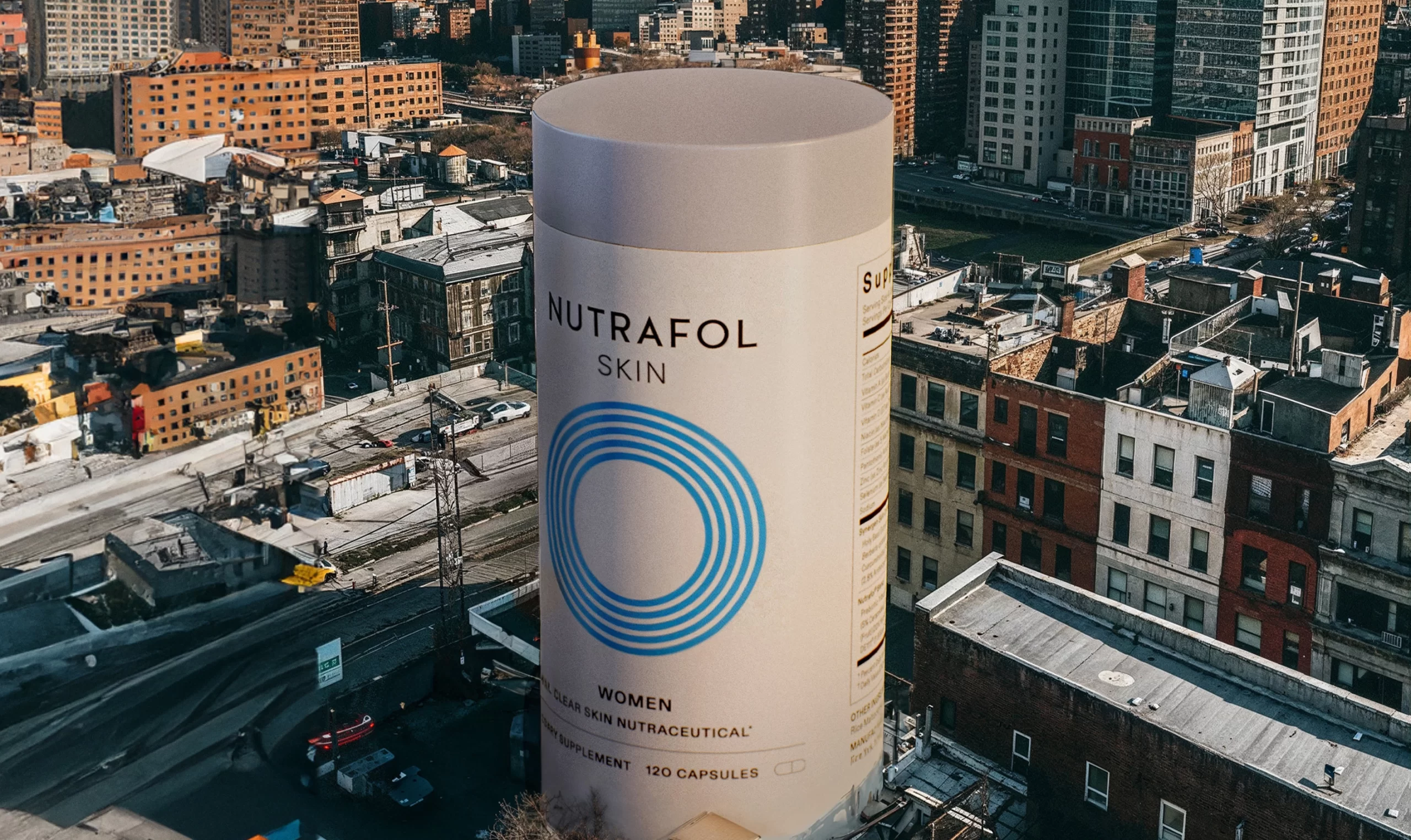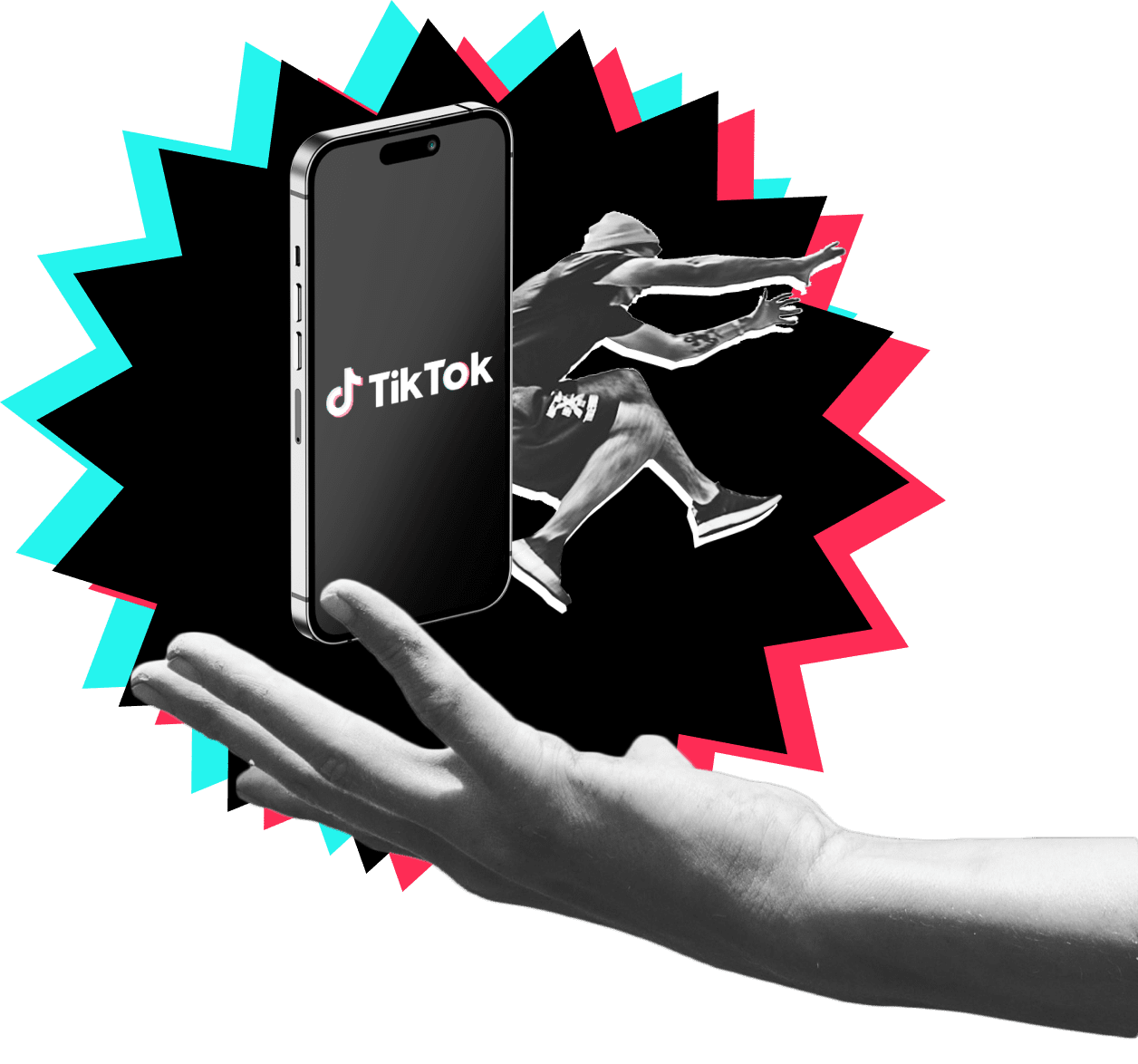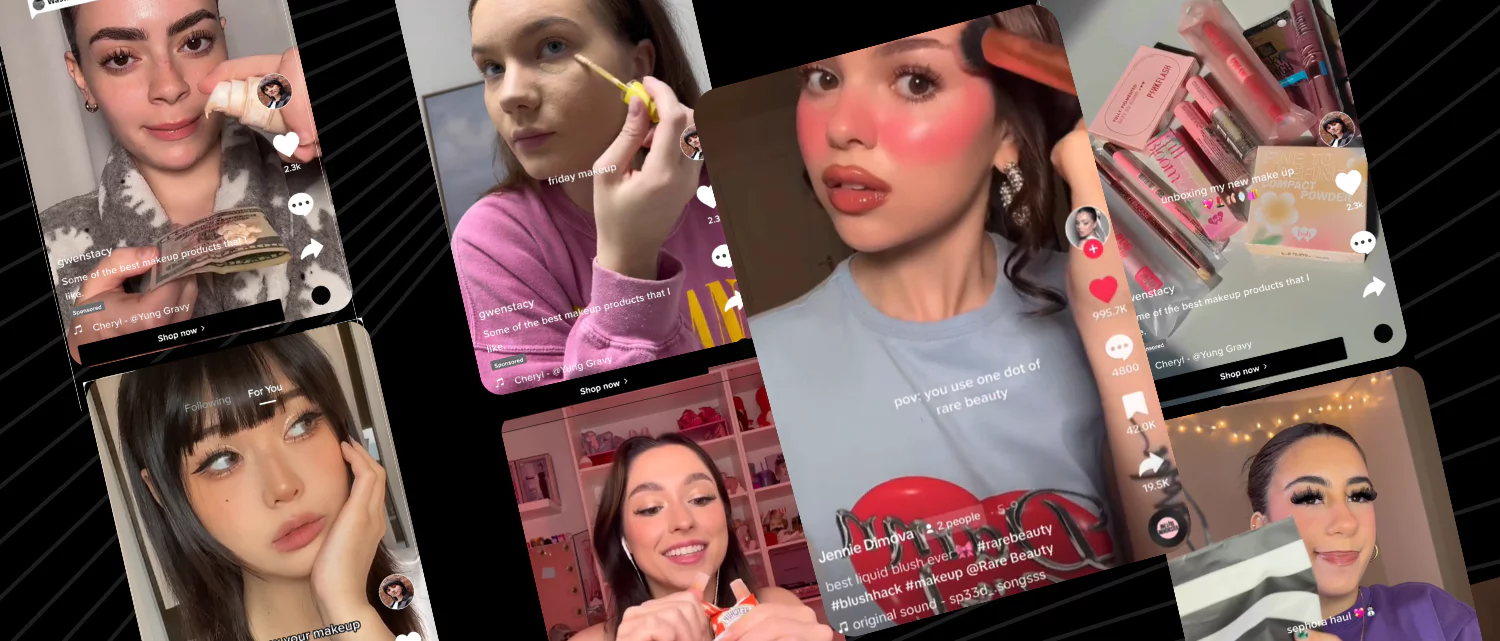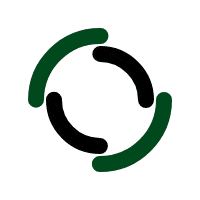In a recent episode of the Beyond Beauty Podcast, the host engaged in a compelling conversation with Dr. Hilla Arbel the CEO and co-founder of Me Now. This episode delves into the transformative role of AI in the beauty industry, the importance of personalized skincare, and the entrepreneurial journey of Dr. Arbel. Here, we break down the key insights and actionable advice shared during the episode, providing a comprehensive guide for listeners and readers interested in the intersection of technology and beauty.
Introduction to the Podcast and Guest
The Beyond Beauty Podcast aims to highlight talent within the beauty industry, featuring interviews with influential figures who are reshaping the beauty landscape. In this episode, the host introduces Dr. Hilla Arbel, a visionary leader with a PhD in biotechnology engineering. Dr. Arbel’s company, Me Now, leverages AI technology to enhance cosmetic care, offering personalized skincare solutions based on individual needs.
Dr. Hilla Arbel’s Career Journey
From Biotechnology to Beauty
Dr. Arbel’s journey from traditional scientific research to the beauty industry is both inspiring and insightful. After completing her PhD, she realized that traditional lab work did not fulfill her desire to make a tangible impact. This led her to work with startup companies that utilized AI to support scientific research. Her travels, particularly in Asia, exposed her to diverse cosmetic cultures and inspired her to address gaps in the industry.
Identifying Industry Gaps
Dr. Arbel identified a significant gap in the cosmetics industry: the lack of personalization and customization. Many people seek skincare advice from influencers, dermatologists, or family members, but this approach often overlooks individual differences in skin concerns and environmental factors. This realization prompted her to co-found Me Now, aiming to create a solution that addresses these gaps from the development stage of cosmetics.
Personalization in Skincare
The Need for Tailored Solutions
Dr. Arbel emphasizes that skincare needs can vary not only between individuals but also within the same person over time. Factors such as stress, travel, and environmental changes can significantly impact skin health. Me Now aims to provide tailored skincare solutions based on individual needs, leveraging extensive data from clinical trials and natural ingredients.
The Science Behind Me Now
Me Now’s approach involves developing algorithms that predict how different ingredients will interact with skin cells. By understanding the molecular structure of ingredients, Me Now can identify which compounds will activate or inhibit specific biological pathways, leading to better outcomes for users. This scientific rigor ensures that the products are not only personalized but also effective.
The Role of AI in Product Development
Enhancing Efficiency and Accuracy
Me Now’s AI system helps companies create better products by analyzing the best ingredients for specific populations. For example, when developing an anti-aging product, the algorithms can identify ingredients most suitable for older women, considering their unique skin needs. This approach significantly accelerates the product development process, making it more efficient and accurate.
Commitment to Clean and Non-Toxic Ingredients
While Me Now is currently focused on the efficacy of ingredients, they are also moving towards sustainability and safety in product development. The company has a vast database of plants and molecules, allowing them to recommend the best combinations for various skincare products while minimizing waste.
Future Directions and Industry Trends
Educated and Discerning Consumers
Dr. Arbel notes that consumers are becoming more educated and discerning, largely due to the influence of knowledgeable dermatologists and makeup artists on social media. This increased awareness has led consumers to demand more transparency and efficacy from cosmetic products, prompting companies to invest in better product development.
Navigating Misinformation
One of the challenges in the beauty industry is navigating misinformation. Dr. Arbel emphasizes that Me Now relies on scientific data rather than anecdotal evidence from social media. By focusing on clinical trials and molecular interactions, the company aims to provide accurate predictions about ingredient efficacy and safety.
Connecting Brands with Suppliers
Current and Future Capabilities
While Me Now currently does not facilitate direct communication between clients and suppliers, this is an area of interest for future development. The company already has clients who are suppliers, and expanding this capability could further enhance their service offerings.
Overlap Between Beauty and Personal Care
There is a growing interest in personal care products, including supplements and household items. While Me Now is receiving inquiries from this sector, Dr. Arbel emphasizes the importance of staying focused on their core mission in the cosmetics industry before expanding into other areas.
Maintaining Focus as Entrepreneurs
Sticking to the Defined Pipeline
Dr. Arbel shares her experience of being approached by various companies interested in leveraging Me Now’s AI capabilities. She stresses the importance of sticking to their defined pipeline and delivering on promises to existing clients before exploring new ventures. This focus ensures that they maintain their commitment to quality and innovation.
Educating Clients About AI
Educating clients about AI without revealing proprietary information is crucial. Dr. Arbel’s extensive experience in selling AI solutions has equipped her with the skills to communicate the benefits of AI effectively. She emphasizes the importance of demystifying AI for clients, helping them understand its applications in product development while ensuring they feel confident in its capabilities.
Conclusion
This episode of the Beyond Beauty Podcast offers valuable insights into the intersection of AI and the beauty industry through the lens of Dr. Hilla Arbel’s journey with Me Now. The conversation highlights the importance of personalization, scientific rigor, and the evolving landscape of consumer expectations in cosmetics. Dr. Arbel’s commitment to innovation and excellence positions Me Now as a leader in revolutionizing skincare, ultimately empowering individuals to achieve their best cosmetic care.
Podcast Transcript
Speaker 1 00:00:01 Welcome to the Beyond Beauty podcast, a platform to highlight the beauty industry’s talent, deconstruct their learnings and spark ideas for your own business. The Beyond Beauty podcast is created by Dillie, the leading creative agency working with the fastest growing brands and beauty. Here, we’ll interview guests from major beauty corporations, creative directors, influencers, founders and risk taking entrepreneurs. Our guests are not only changing the traditional beauty landscape, they are also innovating in ecommerce, branding and digital marketing. Join us as they share valuable advice, how they launch their businesses and most importantly, ignite thought provoking conversations across beauty, tech and marketing. Hi everyone! We’re so excited to have Dr. Hilla Arbel on the Beyond Beauty podcast today. So Dr. Hilla Arbel, thank you so much for coming out today to share your career journey and doing a deep dive into the beauty industry. So let’s get started with your bio. Meet Dr. Hilla Arbel, the visionary CEO and co-founder of Me now with a PhD in biotechnology Engineering. Doctor Penn Hamo is passionate about combining advanced AI technology with health care to help you achieve your best cosmetic care.
Speaker 1 00:01:18 For years, her business travels exposed her to different cultures, inspiring her to improve the cosmetics industry. She was driven to combine her experience with AI in genomics and pharmaceuticals to analyze ingredients and skincare, and predict their efforts on diverse individuals. Me now collaborates with major companies to drive innovation and discover new active ingredients, ensuring successful products that align with the company’s mission of benefiting while reducing side effects. Mina’s commitment to innovation and excellence has positioned them at the forefront of revolutionize skincare, positively impacting countless lives. Discover how Mina can empower you to reach these goals with cutting edge technology and dedicated care. So thanks so much for coming out today. So Dr. Hilla Arbel, thank you so much. Let’s take it back to where it started. How did you get started either in the beauty industry or in science? Like which one came first? And let’s tell everyone your career journey.
Speaker 2 00:02:14 Okay, so I finished my PhD when and then I decided that working on the bench is not for me. I don’t know if, but you can be a scientist and research for many years.
Speaker 2 00:02:24 One protein being very expert on that protein. But eventually it comes up to a protein. And I thought that all this work that I did, very intense and eventually it doesn’t come out of the lab and it doesn’t make an impact. And I really wanted to do an impact. And so I finished my PhD and I started working in startup companies that use AI to answer scientific questions to support researchers. So I had the privilege of traveling the world doing business development and sales of scientific AI. so I got a chance to meet researchers from all over the world, but mostly in Asia Pacific. And I was amazed with the the cosmetic culture there. They really appreciate it. It’s a big part of their lives, which I assume it’s less in the rest of the world. And then I continue working in as an employee. And then I decided that there is a huge gap in cosmetics. And there is I that I’m aware I know how to use. And my partner, she’s she’s an expert in algorithmic, and we just decided to do it to help people from the beginning of the development of cosmetics and not just use it.
Speaker 2 00:03:31 Wow.
Speaker 1 00:03:32 That’s amazing. So when you were looking at AI and cosmetics and you probably see that there is this white space in terms of like customisation or personalization within skincare, and I think a lot of people are probably saying they get their advice, either from an influencer, from a dermatologist, or from their mom or their sister or some type of friend. And and I always say, even if you share such a similar genetic makeup with your skin, so maybe it’s your mom or your sibling, you could have different skin concerns because you could be around different environmental factors, or there’s just something more like a chemical reaction that maybe you have an allergy that they don’t have. So it’s not always wise to get your skincare or even cosmetic recommendations, even from a sibling or direct family member. So how did you look at this personalization within cosmetics, and what tipped you off to say this is missing or this needs to be tapped into?
Speaker 2 00:04:23 That’s such a good question. I completely agree with you. I can tell you that the name of the company, me now, it’s basically came from what you’re talking about.
Speaker 2 00:04:32 So it’s not only me versus my sister or my mother, it’s also me versus me. Because today I might be under a lot of pressure or I might be traveling, I might be in different countries. And this is how the idea came up when I was traveling between different countries, using the same skincare I got from home, and it just affect my skin differently. And then I realized it’s not only me versus my sister. It’s me versus myself. I keep changing all the time, and this is why I need a different type of skincare. And nothing really is doing this monitoring that we really need.
Speaker 1 00:05:08 There’s a lot of layers to it. Yeah. So it’s not just about what you need, but it’s about when and how you need it. And that timeliness, whether it’s traveling or you’re more stressed, that’s affecting it. Well, that’s a great point. How did you start.
Speaker 2 00:05:19 Breastfeeding or one of these orders? Outbreak of diseases. All of it. It affects us definitely. Even the water we drink.
Speaker 2 00:05:27 Right. Different.
Speaker 1 00:05:28 That is true. Even I say even if you travel within the same country, you can notice a difference in water, especially in the US, just going from the East coast to the West coast. It’s not that one water is worse or better, it’s just there’s different bacteria believe in it and so that can cause different skin or digestive reactions. I’ve heard from many people. So how did you start me now? What was the point that you said, this is where I’m going to start a company. And what was that process like? How did you kick it off? How did you work with your business partner? Build the team, get the idea going? Walk us through.
Speaker 2 00:05:59 That. I worked with my partner today. She’s. She’s, She’s. We are both, female entrepreneurs. Both of us are scientists. Originally, she’s still a scientist. I’m the business side. And we work together at a company that was doing, support. I support for pharma. And then we realized the opportunity in the cosmetic field.
Speaker 2 00:06:19 Not many solutions, even sometimes. Not at all. And the big gap. And this is when we decided to do it. To do it by ourselves.
Speaker 1 00:06:27 Can you explain the science behind me now? How does it work? Give us a high level overview of this.
Speaker 2 00:06:33 So basically we collected a lot of data from different sources. It can be clinical trials. It can be natural ingredients, molecules, names of molecules, how they connect. And we basically developed algorithms that predict how how reactions in the cells are going to a cure. For example, if you know the key and lock if you know the key and lock system, which means that if you have the key, it will active or inhibit processes in the cell. So we basically predict by our algorithm based on the molecular structure, if the reaction is going to go to be activated or it’s going to to be inhibited. So this is how we basically predict if many pathways that cause psoriasis are going to occur or they are going to be inhibited.
Speaker 2 00:07:26 And this is why we take a lot of data so we can predict all of it. And we also use a Bayesian network that basically can based on a statistic and predict what is going to happen and what the higher likelihood. And we combine both of these algorithms and eventually we predict that. And we also add the synergism to it, which it’s a bit more complicated. So maybe there’s.
Speaker 1 00:07:51 So many layers to this and it’s probably continuing to evolve. Right. It’s like these learning modules that are continuing to like layer on top of each other. and you’re probably finding out new things every single day about either how to prevent psoriasis or what works for rosacea, or why someone develops eczema and why someone doesn’t. Right? You’re continuing to find and discover time.
Speaker 2 00:08:12 Yeah, all the time. We have people working on adding more, collecting more data and developing more of the algorithm, and this is why we can take it to different as we talked before, we can take it to different fields such as hair care, skincare, oral care.
Speaker 2 00:08:27 And this is something we worked actually with Colgate to develop a combination for gingivitis. And it was a it was an amazing project and they gave us an amazing testimonial.
Speaker 1 00:08:39 Do you also have physical products? Is that in the future? What is the exact offering?
Speaker 2 00:08:44 Basically, we are a AI system and we help users by basically developing helping companies to develop better products. So it’s not only the matching that you see, and there’s a lot of solutions for AI solutions for matching. We use AI to support a better development of products by the step that they choose the ingredient. For example, if we develop anti-ageing product from the first step, we will find the best ingredient for older women because older women skin has different demands, right? And this is why we find the best ingredients that will not, for example, be a more can cause their organization disease like outbreak of rosacea. So we basically find the best ingredient for the specific type of population. And this is how we help users by developing better products more responsibly development.
Speaker 1 00:09:39 And so is there a component of this that you’re focused on like clean or non-toxic and ingredients? Is it really about just the best ingredient? How are you finding this information? I feel like there’s so much in the news about ingredients and what is clean, what’s non-toxic versus what is an efficacious product at the end of the day, It’s a lot going on there.
Speaker 2 00:09:59 So at this stage we are we are focused on the effect of the specific ingredients. We have a big database. We have 60,000 plants, mushrooms, other organisms that are connected to 500,000 molecules. And basically you can type the word, the name of any plant or molecule or just random search, and you find all of the ingredients and how they affect separately or together as a combination. And this is how you can find the best combination for products, including synergism, which is very important in this industry. So we are at this stage, we are moving more into developing safety and getting more into the field of clean and and we also do help with sustainability, because if you develop a product from, let’s say the vineyard and there’s a lot of waste, they cut it.
Speaker 2 00:10:53 They cut the plant every two years. They throw a lot of it because they want to get higher yield. And what we’re doing is basically predict by eye water will be the molecules in the this agricultural waste. And this is how we can tell what are the molecules that are the best for your product. If you develop anti pigmentation or wound healing product, we can tell you what will be the best molecules from this agricultural waste. So this is one example that we.
Speaker 1 00:11:23 So is it more of your using more of the plant versus letting some of it go to waste. So you’re just finding new ways of utilizing every angle of the plant to, to maximize it. Is that correct?
Speaker 2 00:11:36 Yes we can. It depends on the customer. The customer basically is the one who decide what would be the product. And we give him the recommendations.
Speaker 1 00:11:44 So now you’re developing products for your clients in a very B2B capacity. Are you also looking at the personalization side or the customization side of looking at someone like an individual skin? Or is it more of if you have eczema, you need this versus rosacea, you need this versus if you’re going through postpartum, you need this versus an older woman would need this versus a teenager would need these ingredients as their skin’s changing.
Speaker 1 00:12:12 Is that which one is more of what me now.
Speaker 2 00:12:15 We on a regular basis we are working like you said, what is best for acne. And then we see what is the population. They are they are interested in what are the users, the consumers and if the company. And usually these are big companies, they have personalized data. We can implement it. So we can consider it as part of the algorithm. But it’s something this is personalized data that comes from the company. Usually big companies say they have this kind of data.
Speaker 1 00:12:42 What do you think has been the biggest shift in the cosmetics industry, like even within the past year or the past five years? And what do you think is going to evolve in the industry coming up shortly? Like how is it changing? We’re hearing so much about cosmetics and beauty. It’s such a dynamic space and it’s ever evolving. So what is your take on this?
Speaker 2 00:13:03 I believe that consumers are getting more education now because of influencers. Obviously, not all the influencers know what they’re talking about, but a lot of them are many dermatologists and makeup artists that really know and study the field, and they share more information, and it makes people more aware they want the real product.
Speaker 2 00:13:26 They don’t want to be fooled by just a fake product. They want the real thing, and they demand it. And I think this is why cosmetic companies, they invest more in development of better products and also including safety and cleanliness and all of these issues, which is very important, I think.
Speaker 1 00:13:44 So as a very data driven company, how does me now separate the false information from the true information? Because like you said, there’s there’s information everywhere. And I think what’s so powerful right now is that the consumer is more informed than ever. And whether they’re going on social media or reading blog posts, or they have multiple dermatologists that they’re talking to, they have a lot of information. However, there’s also a lot of misinformation. So how do you help differentiate, like what is true and what is false?
Speaker 2 00:14:14 In general, AI takes a lot of information, and then you can see what is wrong in this information and how to use it. But what we are doing is taking scientific data. We don’t we don’t consider into our calculations things that people are saying online.
Speaker 2 00:14:31 We take a lot of data, scientific data of plants, of molecules, clinical trials, pathways in the cells. What are the molecules that inhibit or inhibit cause diseases. And basically we are using that. We have a prediction that we are doing with our proprietary algorithm that basically knows how to predict based on the molecular structure. What are the pathways that are going to be inhibited, and what are the pathways that are going to be happening? This is how we know how what will be the condition. And it helps us to predict basically what if the condition is going to be amplified or it’s going to inhibit.
Speaker 1 00:15:11 So are there ways that you connect brands and companies with suppliers? For example, if there’s a certain peptide that you’re seeing really helps diminish fine lines and wrinkles. Do you say this supplier makes this specific type of peptide and you should reach out to them for formulation? Are you the middleman per se or is it really about the formulation. And they need to then go out and find the suppliers.
Speaker 2 00:15:36 But at this stage we have clients that are suppliers, but we are not making this communication between our customers and suppliers. Maybe we will do it in the future. Obviously a lot of companies are asking for it, but we are not doing it now. Okay.
Speaker 1 00:15:52 What do you think about like the kind of overlap of beauty and personal care. There’s a lot of people saying that it used to just be this world of makeup, skincare, fragrance, and now we’re getting into haircare. And then there’s personal care. How is everything combining in this world? And do you see me now stepping more into personal care, whether that’s the hand soap that you have in your bathroom or what you clean your dishes with, or more like wellness things like supplements, like how do you see those worlds merging? And is that something that me now is interested in getting into, or is it already in the mix of your portfolio of services and verticals per se?
Speaker 2 00:16:30 We are definitely getting people contacting us from this industry of food supplements and our customers.
Speaker 2 00:16:36 Some of them, they have raw materials, so they have soap and detergents. But this is something we are not approaching at this moment, because I feel like there is so much need and there is no need to get to another verticality stage. We want to focus, we want to make a change, we want to make an impact, and then we can move to other fields. But it’s definitely tempting. I don’t know. Yeah. As an entrepreneur, you always think, wow, there is many opportunities here. And this company, amazing company, contacted me and they want something that is not in my pipeline. But you need to know how to stop and say, okay, I will contact you when it will be relevant.
Speaker 1 00:17:11 It’s true. That’s a great point. I’d love to dive into that more. Is that as an entrepreneur, that sometimes you feel like there’s just all these different, like things on the shelves and you can grab everything and you’re like, okay, now that I have the operations down, I want to take on this product.
Speaker 1 00:17:25 Or now that I have a network, I’m going to take on this. And it’s very easy to get tempted and want you to do everything, especially when you’re like on those moments where everything’s going really great. And then you realize that a lot of companies and entrepreneurs succeed when they really focus on a niche. They have a specific tunnel vision happening. So how do you keep yourself focused on this niche of the cosmetics and beauty sector and say, okay, maybe we’ll dive into personal care in five years, or maybe we’ll go into pet food in ten years or whatever would be next. And how do you just stay focused and build that? Even though everything around you can be so tempting?
Speaker 2 00:18:00 It’s very difficult really. But when me and my partner we think about we have a huge company contacting us, it can be even a coffee company that interested in some of the things that our AI can do. And with AI, it’s more problematic in a way, in a good way, because it’s very easy for us once we have the algorithm to make the shift.
Speaker 2 00:18:21 But we need to remember what we have customers, we have pipeline. We promise them that they will have this feature or that feature, and if we will start doing their version from what we’re going to, it’s going to be a mess and they will not get what we promised them. So it’s very difficult, but it’s something we always try to do, always talk about it and tell ourself, okay, this is not being focused and we’re going back to the pipeline that we defined. It doesn’t mean that we cannot change the pipeline, but we need to stick to it eventually because it’s software as a service, customers are getting into the system and they are using it all the time. And we promise them that this is the next feature that will come. And they talk to us all the time, and they explain what they want to see and how important it is for them and how we should. They display the results, which is also not so simple, because you need to show results of AI and every person can understand it differently.
Speaker 2 00:19:13 So you need to really extract the message from the results and not to overwhelm with the data. And and this is why we are very focused, because we understand that there is a need and people are using it for points.
Speaker 1 00:19:25 And in terms of educating a market, I know it’s like AI is where everyone’s talking about AI. It’s definitely been around longer than the past couple of years. That has been such a buzzword, as we all know. But a lot of people have this moment of they’re either they’re afraid of AI, maybe they haven’t had a chance to really dive into it and understand it, or realize how AI has already been playing a role in their lives for so many years. But how are you educating your clients to help them understand how this works without giving away, like the secret sauce per se? Could helping them get excited about the product. At the same time, not be scared about the product.
Speaker 2 00:19:58 As I said at the beginning of the conversation, I was working for the last ten years selling AI, basically doing something similar AI to scientists, and it was always a challenge.
Speaker 2 00:20:11 I feel like that after the ChatGPT came to our lives, I feel like everyone are like less in a doubt about what I can do. And the best way to convince someone is to show him the results and what the system can do. So we go on a demo and usually the customer is saying, which is a researcher in a company and is telling us, okay, I have this planned. I think I’m the only person in the world who is making a research on it, researching it, and is very excited about the plant, really is working on it for many years. And then we usually say, okay, what is the name of the plant? And we type it into the system online with him. Demo. We could never know that he was researching this plant because it’s something that wasn’t published. And then in in a fraction of a second, you get information that he was doing research in the lab for many years to get. So I think it’s very difficult to argue with that because you see it.
Speaker 2 00:21:11 We couldn’t know about it before. He sees in his own eyes. So it’s more it’s easier to convince in that way. Having said that, bigger companies enterprise, they usually wants to have a proof of concept validation project. So we are doing a validation project for a month and we give them results that I can tell you. Some of the customers told me that it takes them years to get to what we gave them in a few days, a few days, 45 days with a discussion with them about how to fit the results to the brand in terms of messages.
Speaker 1 00:21:46 So it’s really efficiency is selling the point? Is it a blend of like efficiency and accuracy and discovery or what is the biggest selling point.
Speaker 2 00:21:54 To a client that you want to develop a product? A combination with a combination that with synergistic combination. And there are so many plants and you need to research them. And every test takes time and cost money, and you want to get to the best combination that will be synergistic. What they do usually is many years of research, and what we can do for them is to scan in silico, meaning using AI, an endless amount of combinations, something that no one can do.
Speaker 2 00:22:26 It will take endless amount of years to check all of the combination. So if we have 60,000 plants and the customer usually is interested in a combination of three plants or three molecules or combined, so imagine how many options you have here. And we are doing everything in silico, giving him the results very fast. And then you can run the experiment in the lab and basically get the best results he could.
Speaker 1 00:22:51 And then in terms of becoming an entrepreneur. Is me now your first business? Like how and then? What inspired you to start your own business? Knowing that it is such a big leap and such a risk in many ways. And how did you once you saw everything and you found your business partner and you realize your skill sets blend, what was the deciding point that you said, I’m ready to start my own business and to take this risk, take this leap.
Speaker 2 00:23:19 I feel like it was always in me doing business, especially in Asia-Pacific. Most of the businessmen are men, and being a woman, it’s something that is really stand out.
Speaker 2 00:23:30 And I had to sometimes I took that disadvantage and I basically made it into an advantage because instead of trying not to stand out, I just, okay, this is me. I’m a woman. I’m not going. You cannot see. But I’m relatively tall, so I’m not going to hide it. I’m going to wear heels and I’m going to stand here and I’m going to lead the business, and I’m going to lead the science and speak with a lot of confidence doing that in Asia Pacific. It’s really made me it’s really opened doors for me because I was there. I even two years after I left the company, people used to ask, where is the tall woman? This is how they call me. So this is the reality. I’m in a region where there is not many women doing business there. They don’t lead scientific conversations and I’m going to do it, and I’m going to sign the deal, and I’m going to pursue it. And I’m not going to say to give myself any discount because of that.
Speaker 2 00:24:30 So once I realized that there is a gap here in the cosmetic industry, and I found my amazing partner, and we have I have the experience of doing a business with I and my partner. She’s an expert in algorithmic. And we said, okay, we should do it. We should make the impact because I feel like no one else will do it. This is what allowed us to do this.
Speaker 1 00:24:56 That’s amazing. That’s so much courage to go into. Especially in a region where there are very few female business leaders, let alone few female entrepreneurs. And so that’s even a bigger risk, on top of a risk of just starting your own business and going out on your own and putting your own money behind it, and putting your own thoughts and not having a big corporation to back you. So that’s a really powerful thing that you should be very proud of. It’s a big undertaking and very exciting, paving the way to have you. Do you have any mentors that have helped and guided you along the way that have given you advice? And who are these mentors, or do you mentor other people, and if so, on either side of that, what advice would have you received or what advice would you want to share today about? It could be a blend of personal or professional.
Speaker 1 00:25:42 It could be about entrepreneurship. It could be about science and business. Any topic that that you would love to share on.
Speaker 2 00:25:50 So I don’t have a name of a role model or some someone specific. But I can say that the thing that helped me the most at the beginning were, strong women that were already entrepreneurs and showed me that it’s possible and I can do it and hold my hand. It doesn’t mean that they walked with me the whole way. Sometimes you need just, good advice from someone who was there and give you the push and tells you it can be done. And I really owe a lot to this. A lot of women, I mean, a really supporting entrepreneur group. And this is why I also support other entrepreneurs. Definitely it’s important and I also get a lot from it. I think it’s when you help someone, you get the understanding of why I’m doing that and the journey I passed. And it’s I always feel like I’m getting one step higher and one step higher and talking to people.
Speaker 2 00:26:44 I can help them and direct them to the right place. And yeah, I love it.
Speaker 1 00:26:49 Yeah. Wow.
Speaker 2 00:26:50 If I need to say an And advice is to, especially to women, is that you need to be focused and you need to surround yourself with people that support you. It doesn’t have to be entrepreneurs if you don’t have them, but you need to really trust yourself and not let other people, even if they love you. It can be your mother or your husband. You need to be sure that this is what you want to do. You need to be focused. You need to work hard to find that this is the path. It’s going to work and just do it. Don’t stop. Even if they tell you that it’s not going to work because eventually failure, it’s an opportunity. You don’t need to look at it. It’s I’m failed. If you’re going to fail once and think, okay, I’m a failure, so you’re never going to succeed. Every failure is an opportunity to learn and to do better next time.
Speaker 2 00:27:39 And sometimes I feel like it’s it’s like a battle. You get punched and you need to stand up and continue fighting because you cannot show up to a meeting with customers when you are, like, stressed with something or investors, they immediately feel it and it’s not going to work. So you need to like okay, next. I’m next. I learned I’m going to the next step.
Speaker 1 00:28:01 And that’s something that we always like to talk about too on the podcast is resiliency. And it’s everyone goes through these challenges and something that we focus on too is that just because you confront issues, everyone’s going to confront issue in their life, whether it’s big or small or medium at different times. And it’s there’s two types of people. There’s one person that looks at those issues as challenges, and there’s one person that looks like you said those issues as opportunities. It’s something there’s a new door that’s going to open and it’s not a hiccup. It’s a it’s maybe a roadblock that’s actually saying, no, maybe you need to go in this direction instead.
Speaker 1 00:28:34 This path isn’t for you. But here’s an even better opportunity to come. And like you said, it’s such a mindset. And when you’re surrounded by people that support you and also people that are building something as well, then you work together to say, let’s constantly push the envelope and let’s do something better and not just be okay with the status quo and keep building and and refining and discovering. And I think that’s what’s so special about building businesses at the end of the day, is that motivation, that intrinsic motivation to keep going and doing something better and knowing, like what your ability as a human can do to make the world a better place and bring new opportunities to so many people. So on our final question of the podcast, it’s one of our favorite questions. It’s where do you sit in the stands in your life? And so the podcast question is about, imagine you’re at a football stadium or a basketball stadium, and you’re watching the player and they’re throwing the ball and you’re yelling at them and they can’t hear you.
Speaker 1 00:29:30 You’re way up in the stands and you’re saying, why did you throw the ball to him? Or why did you run down the sideline that way? Or maybe you’re at the feeder and you’re saying, why did she deliver her monologue that way? Or why did she dance off stage left? Or why is she wearing that costume? They can’t hear us. But many times in our own lives, we sit in the stands and we’re saying, we’re going to stop doing something. We’re going to start doing something. Maybe it’s a post-it note that we keep on our bathroom mirror saying, tomorrow we will do X, or it’s in our iPhone note saying, I need to finish this by the end of the summer. Where in your life do you feel like you’re sitting in the stands? It could either be professional or personal, or it could be a blend of both. It could be something with me now or what’s next? But where do you feel that you’re sitting in the stands, and what are you excited about committing to, whether it’s starting or stopping?
Speaker 2 00:30:18 So I think the obvious answer would be I need to do more Pilates and start running.
Speaker 2 00:30:23 But I think this is something that every entrepreneur can. Maybe if he has, kids can find the time. But I’m involved in a building, a community for pediatric brain cancer startup community, and I always feel like I need to push it more. I need to do more to to promote the issue. And this is definitely something I would like to promote.
Speaker 1 00:30:47 And it’s so cool. That’s an incredible wow, that’s so powerful. And you’re doing such good for people, especially with children, and helping them recover or prevent cancer.
Speaker 2 00:30:57 And hopefully I can do more. I feel like I’m not doing enough. You’re doing.
Speaker 1 00:31:02 Somewhat.
Speaker 2 00:31:04 If someone is listening to the podcast and is interested in that as well, he’s welcome to contact.
Speaker 1 00:31:08 So where can everyone find more information about you? Me now about your research? What’s to come? How can people get in touch either on social media website, LinkedIn?
Speaker 2 00:31:18 So we are on LinkedIn also in our website, and we have a newsletter. So they’re welcome to to join.
Speaker 2 00:31:24 We answer very quickly.
Speaker 1 00:31:26 Thank you doctor Haila. Thank you so much for sharing your career journey and your advice and sharing more about me now and your research. And really, what’s next in the future of AI blending with cosmetics. So thank you so much for coming on the podcast today.
Speaker 2 00:31:40 Thank you Anne. Appreciate the time.
Speaker 1 00:31:43 Thank you. Bye.
